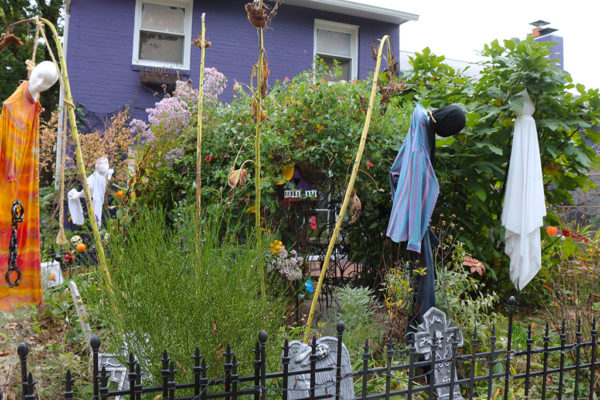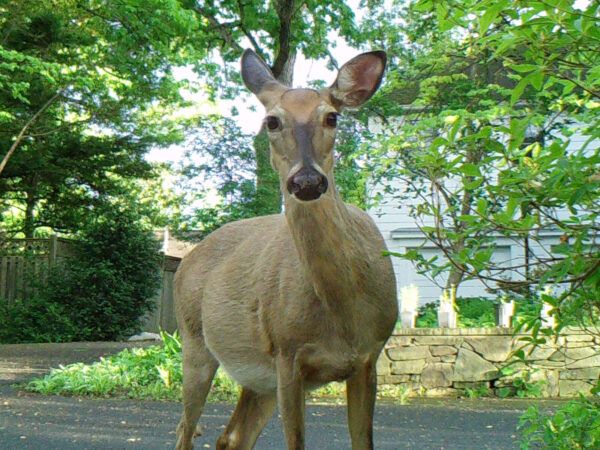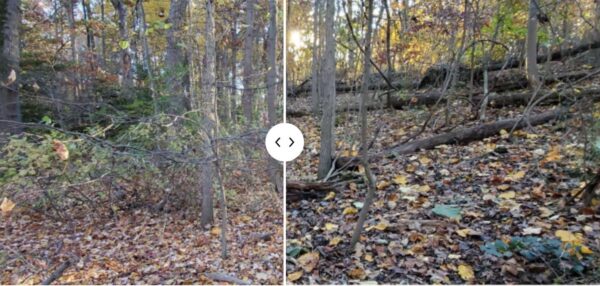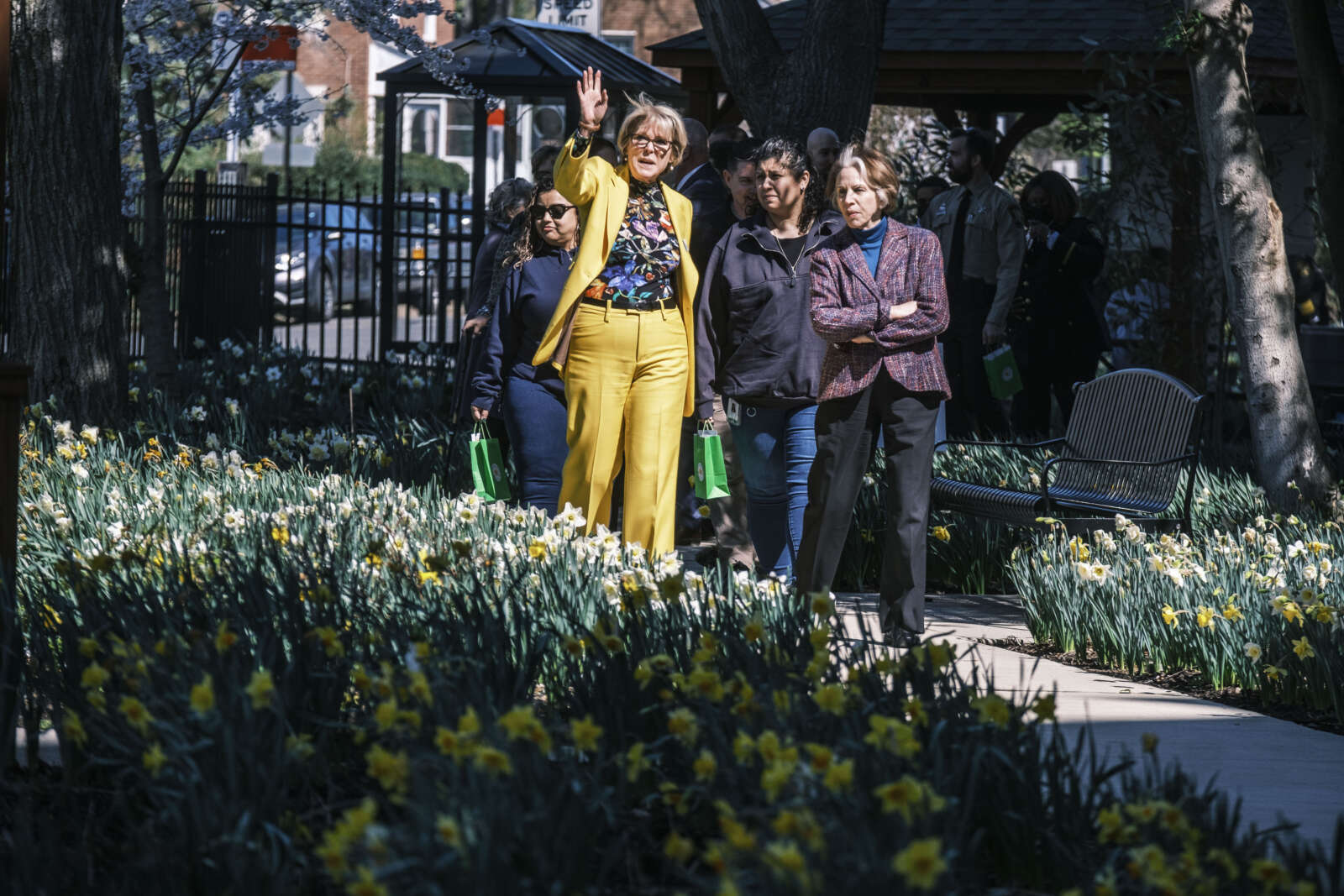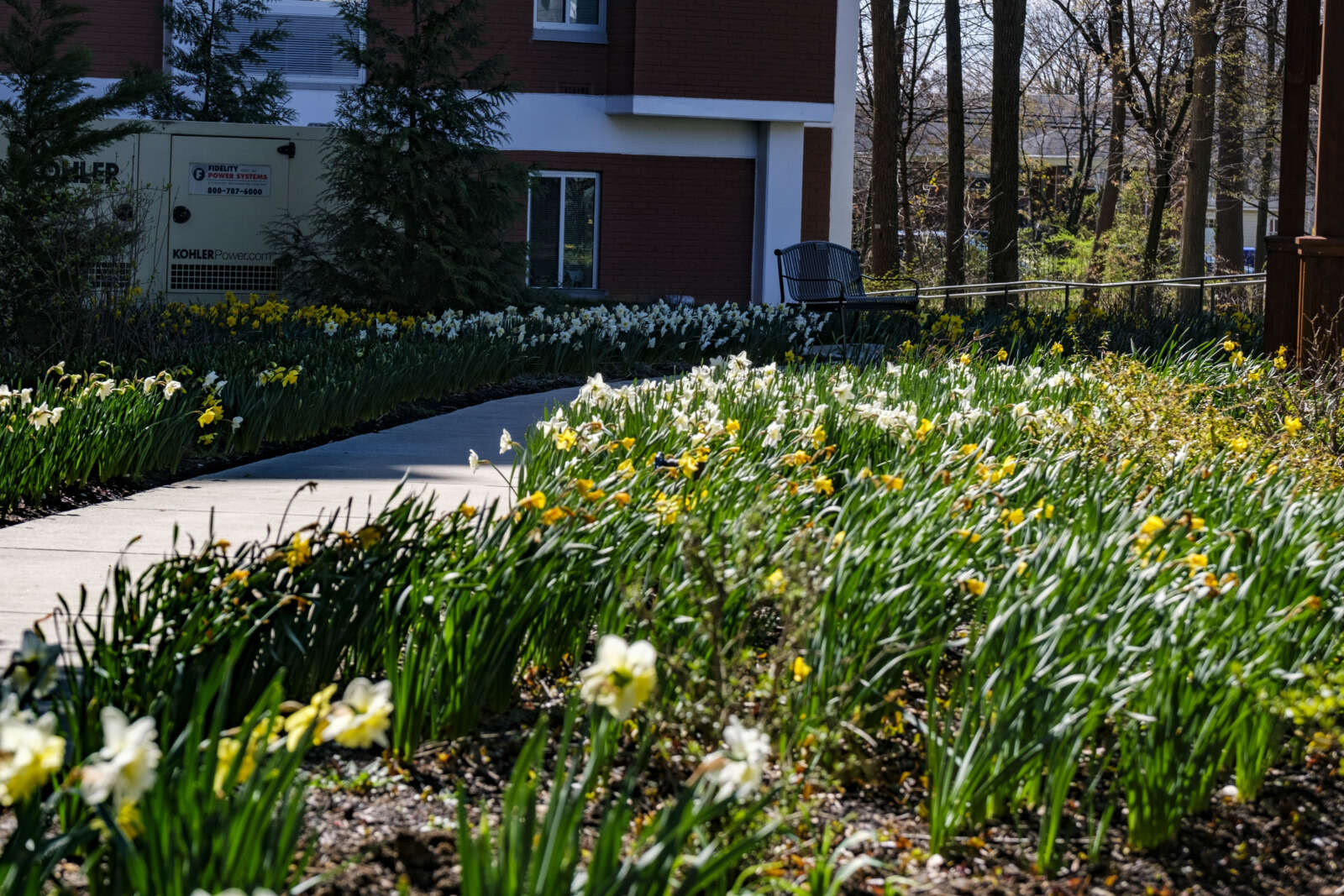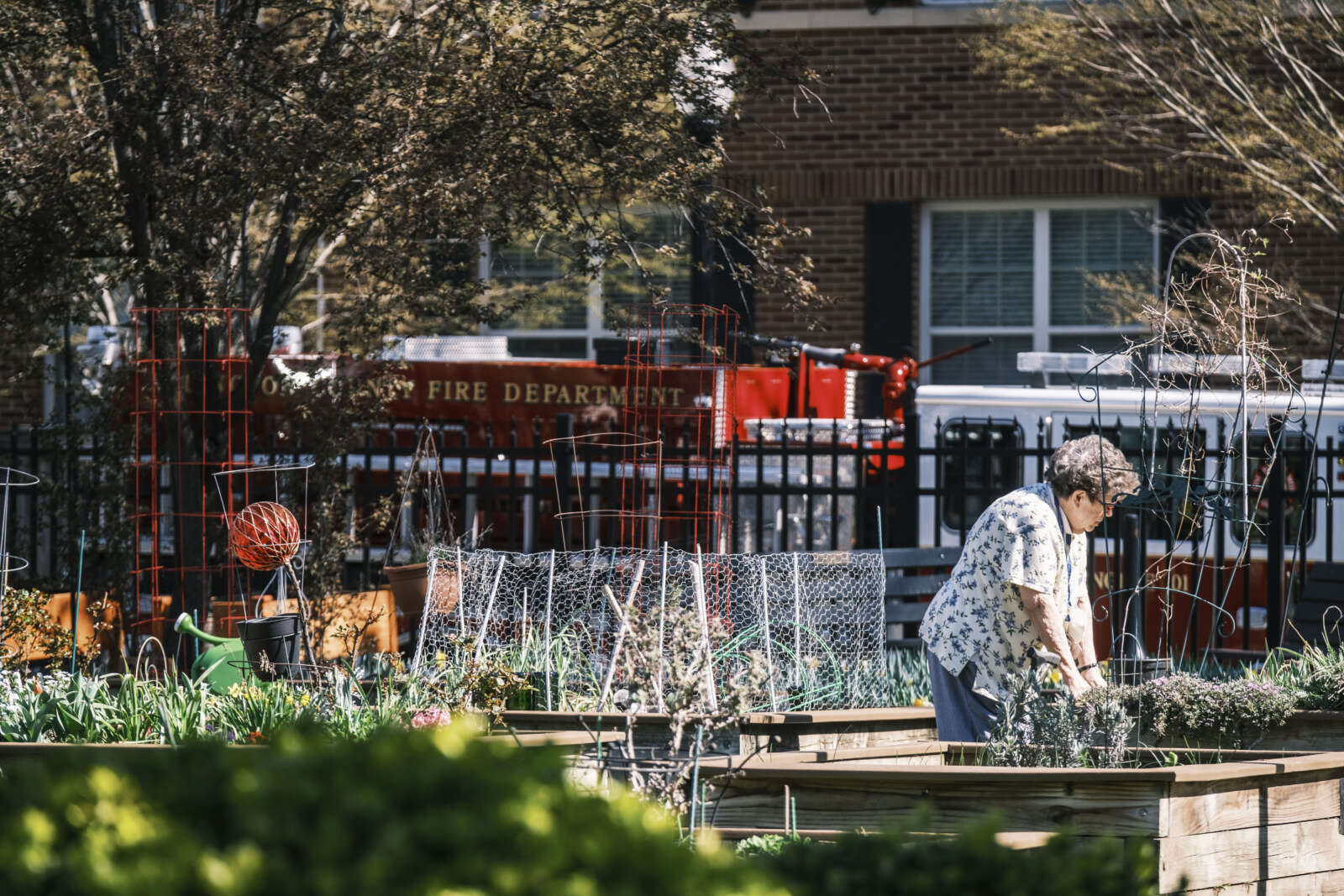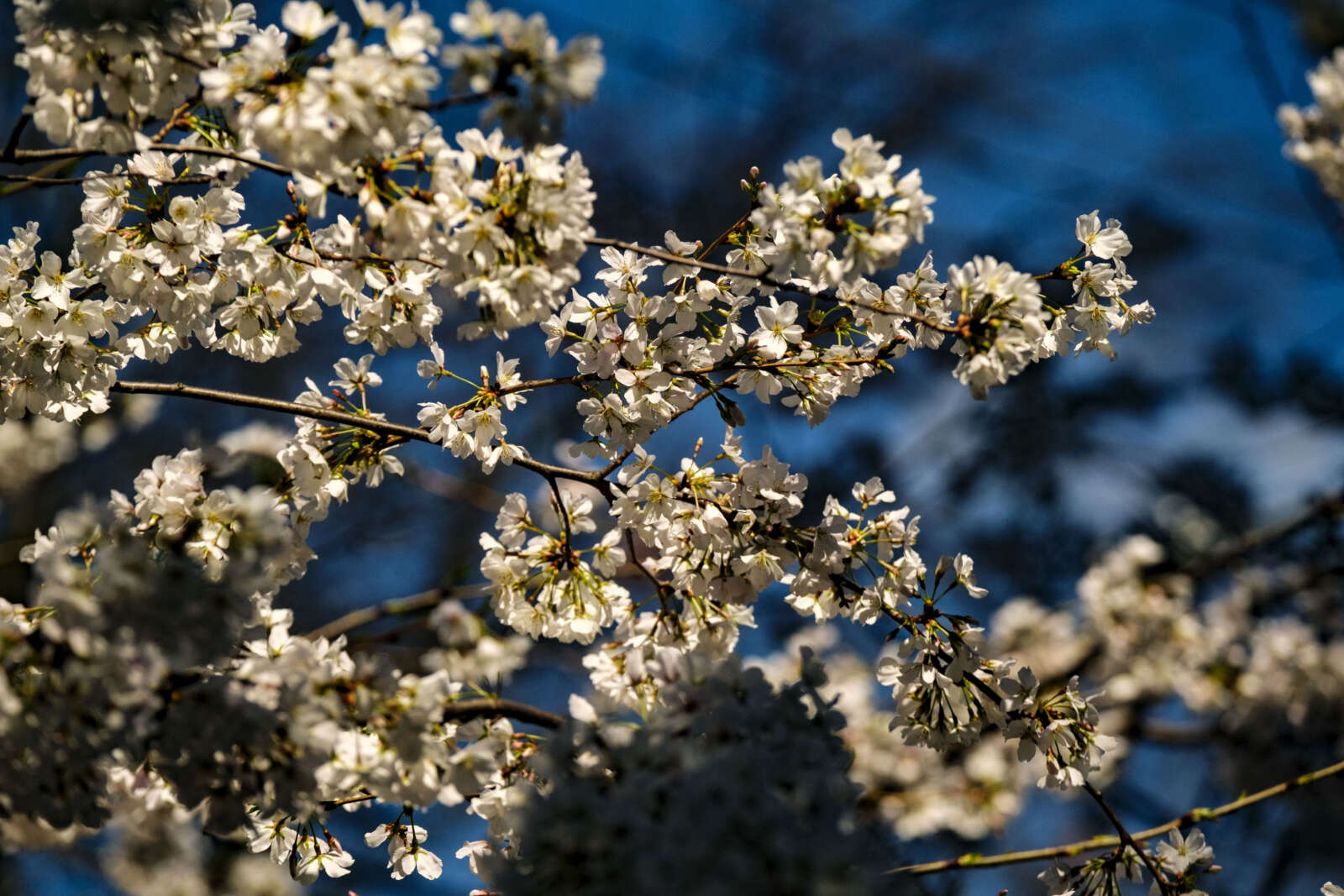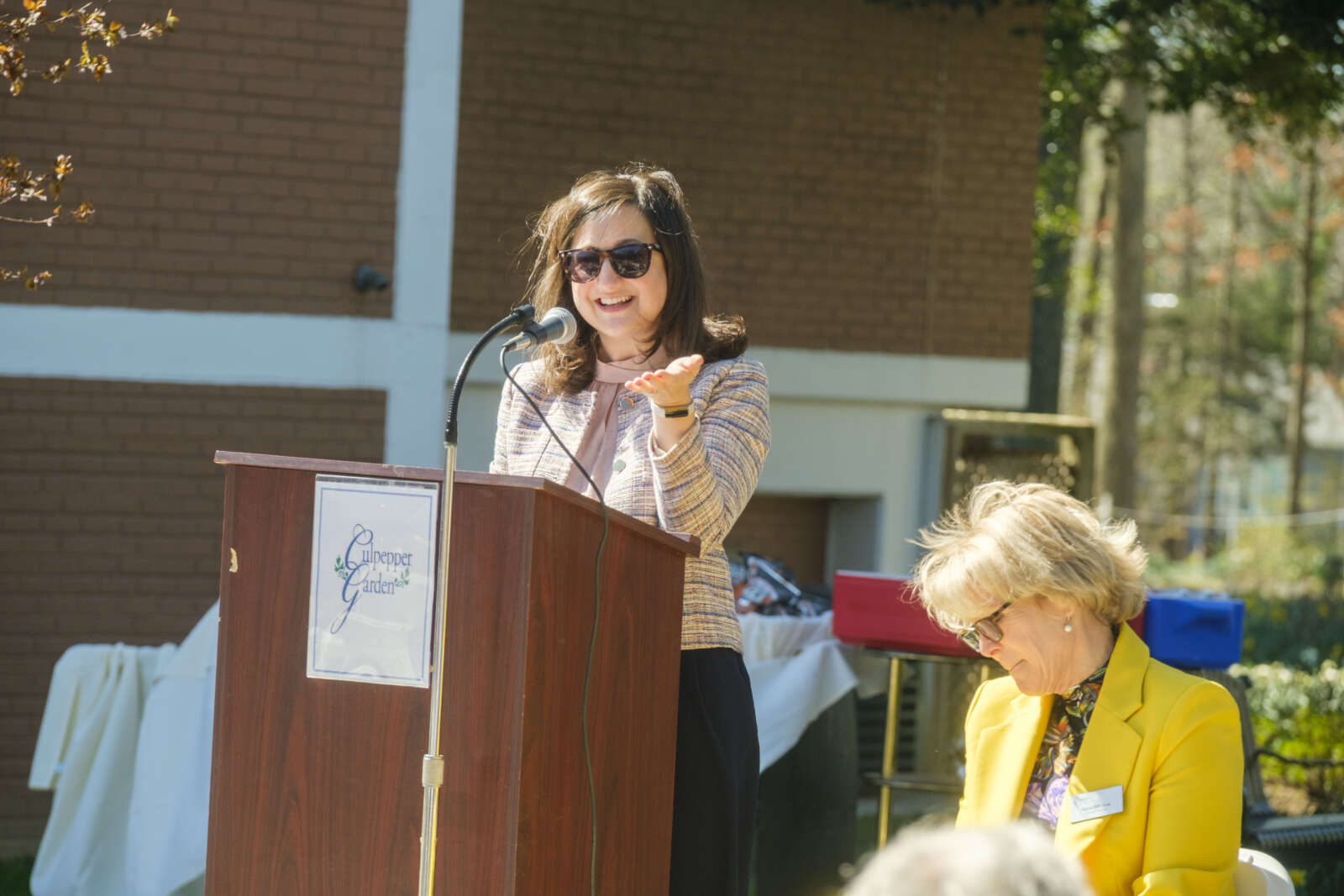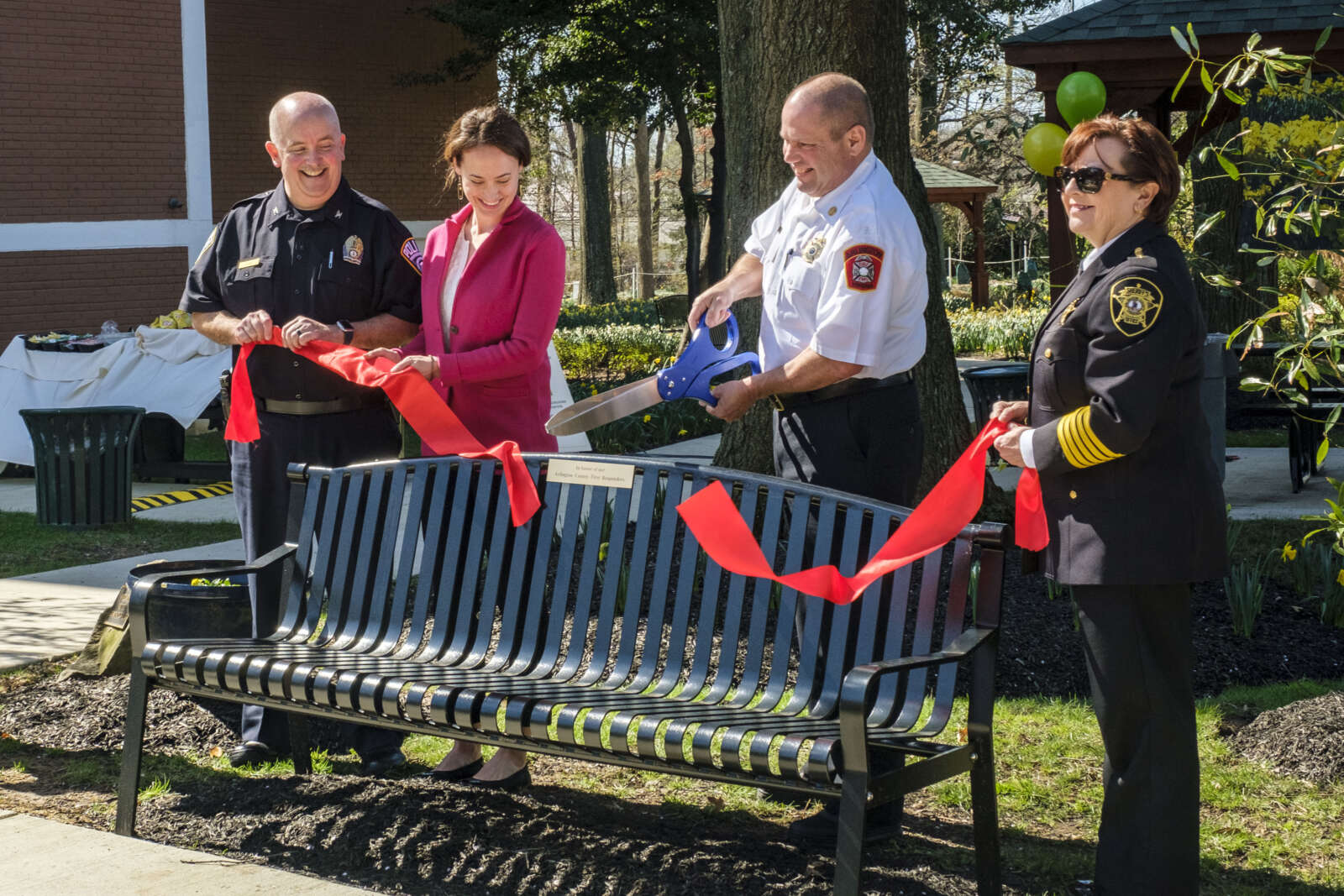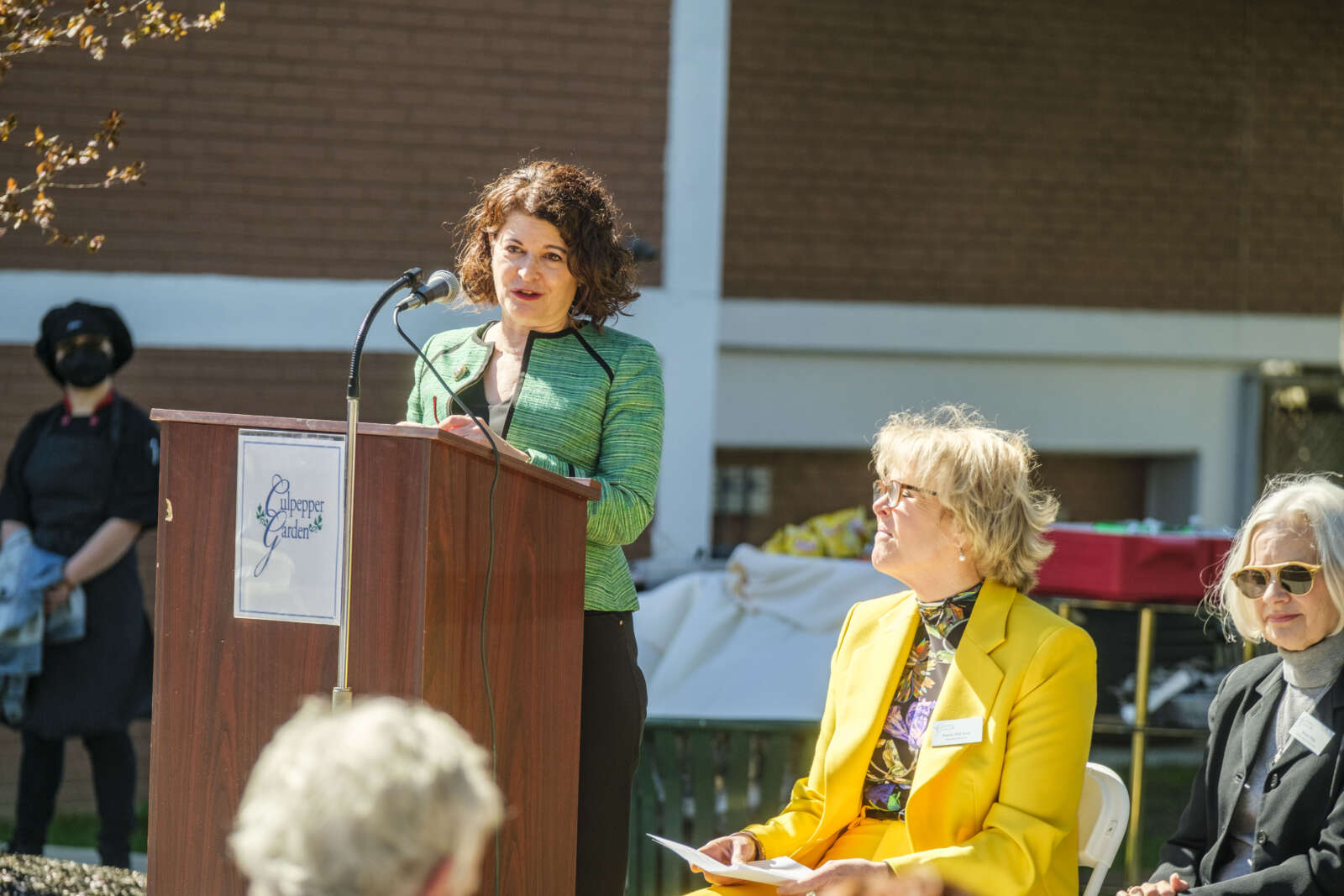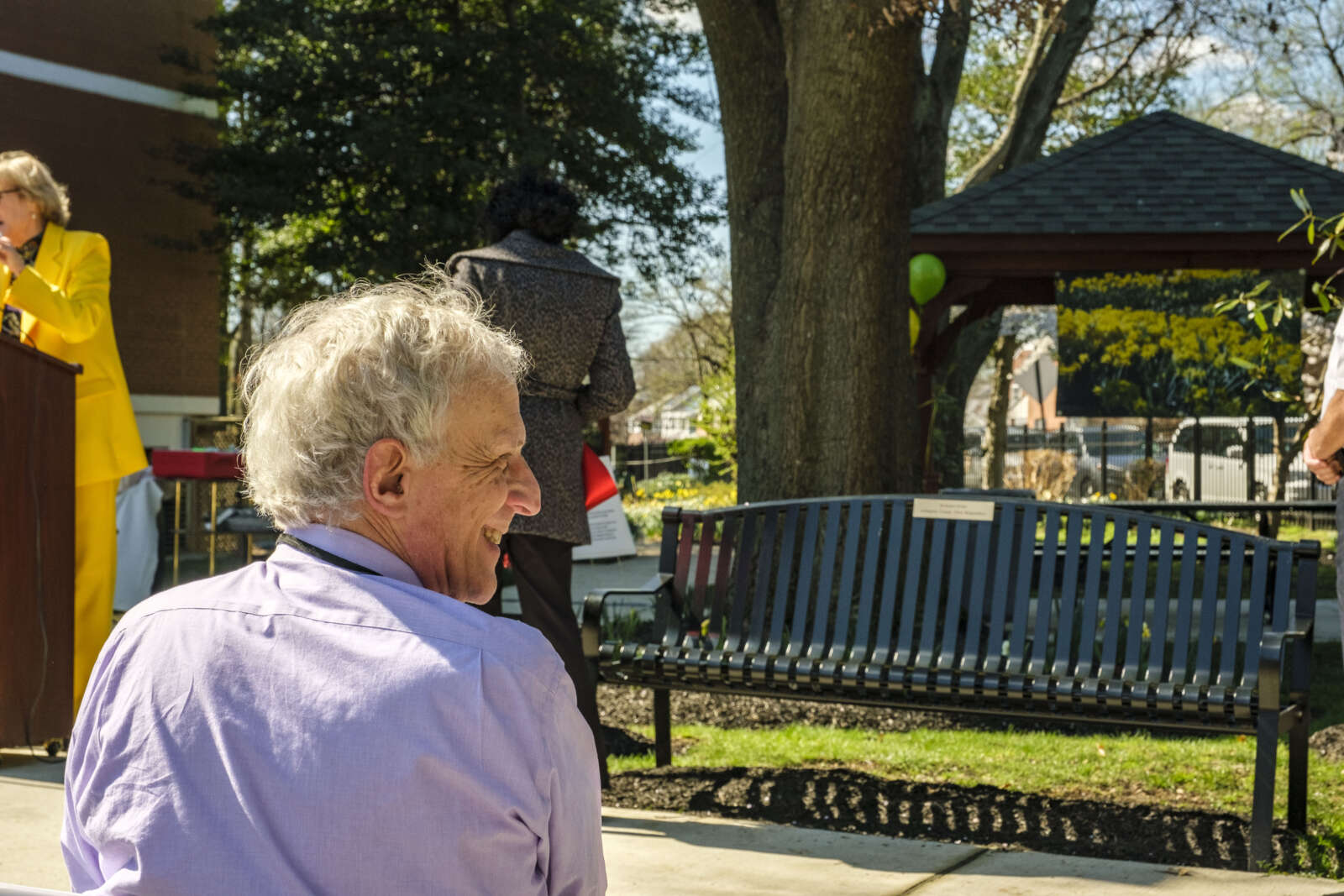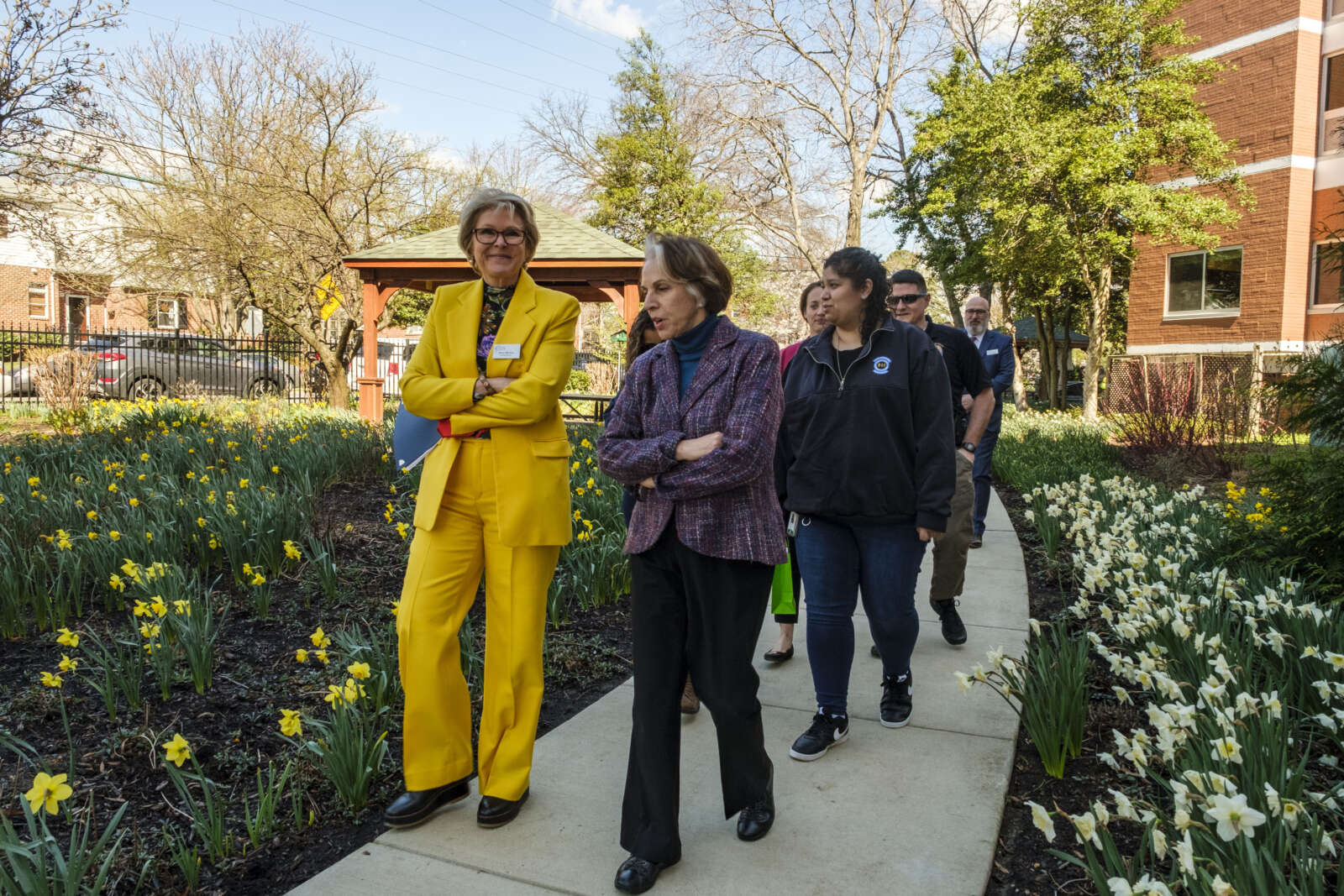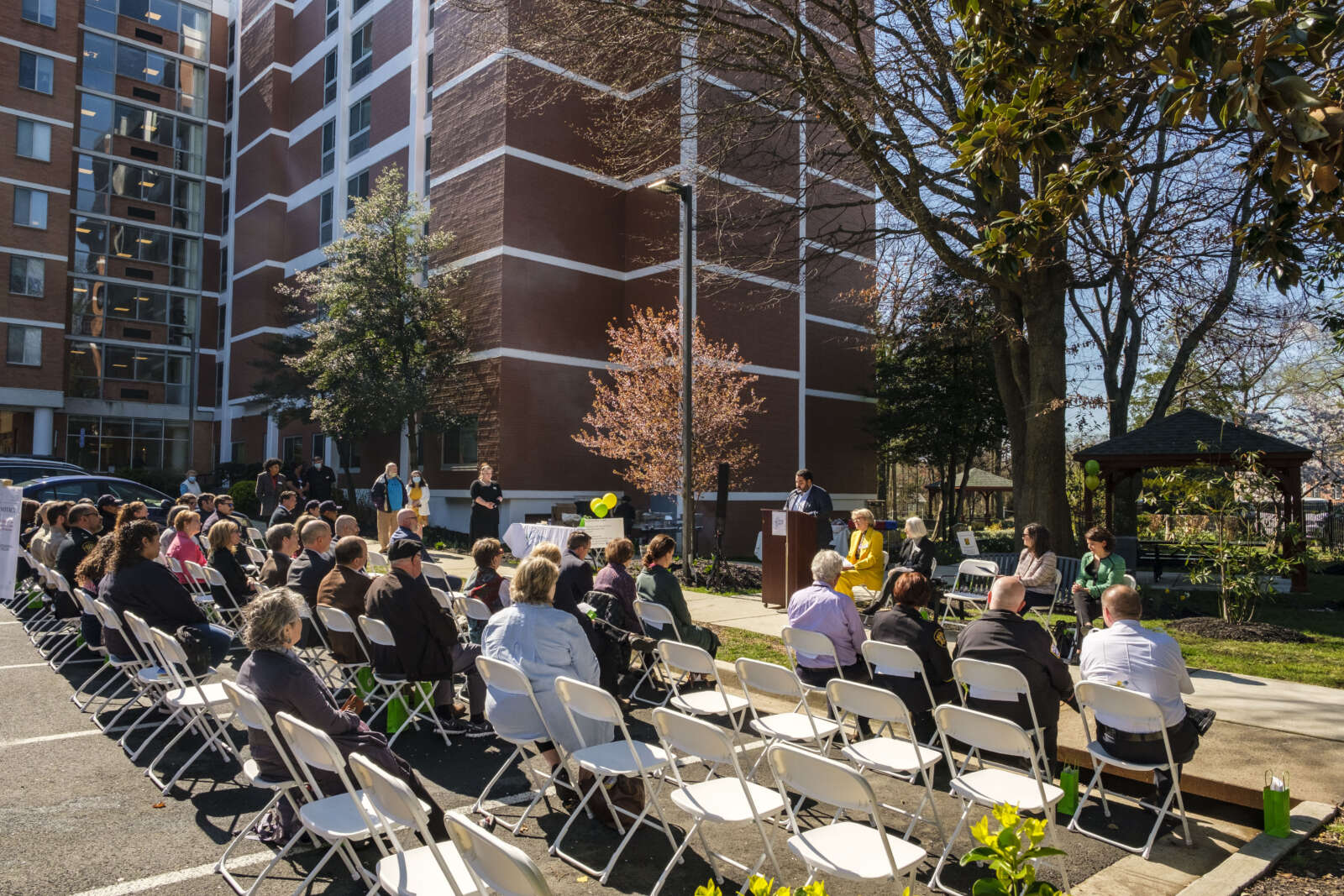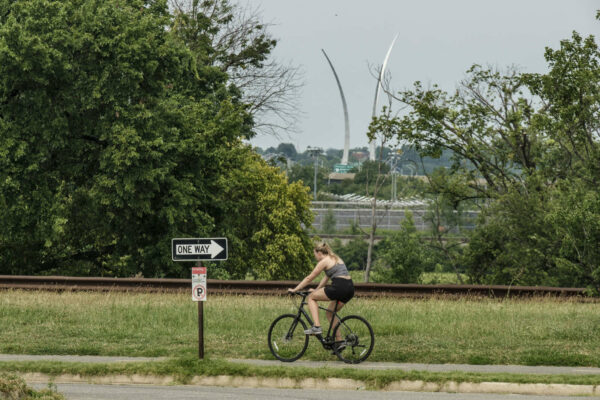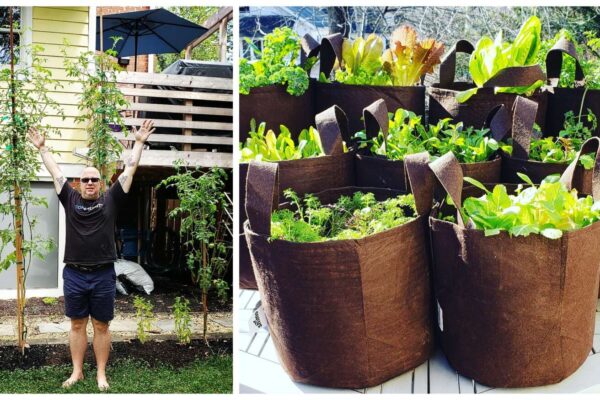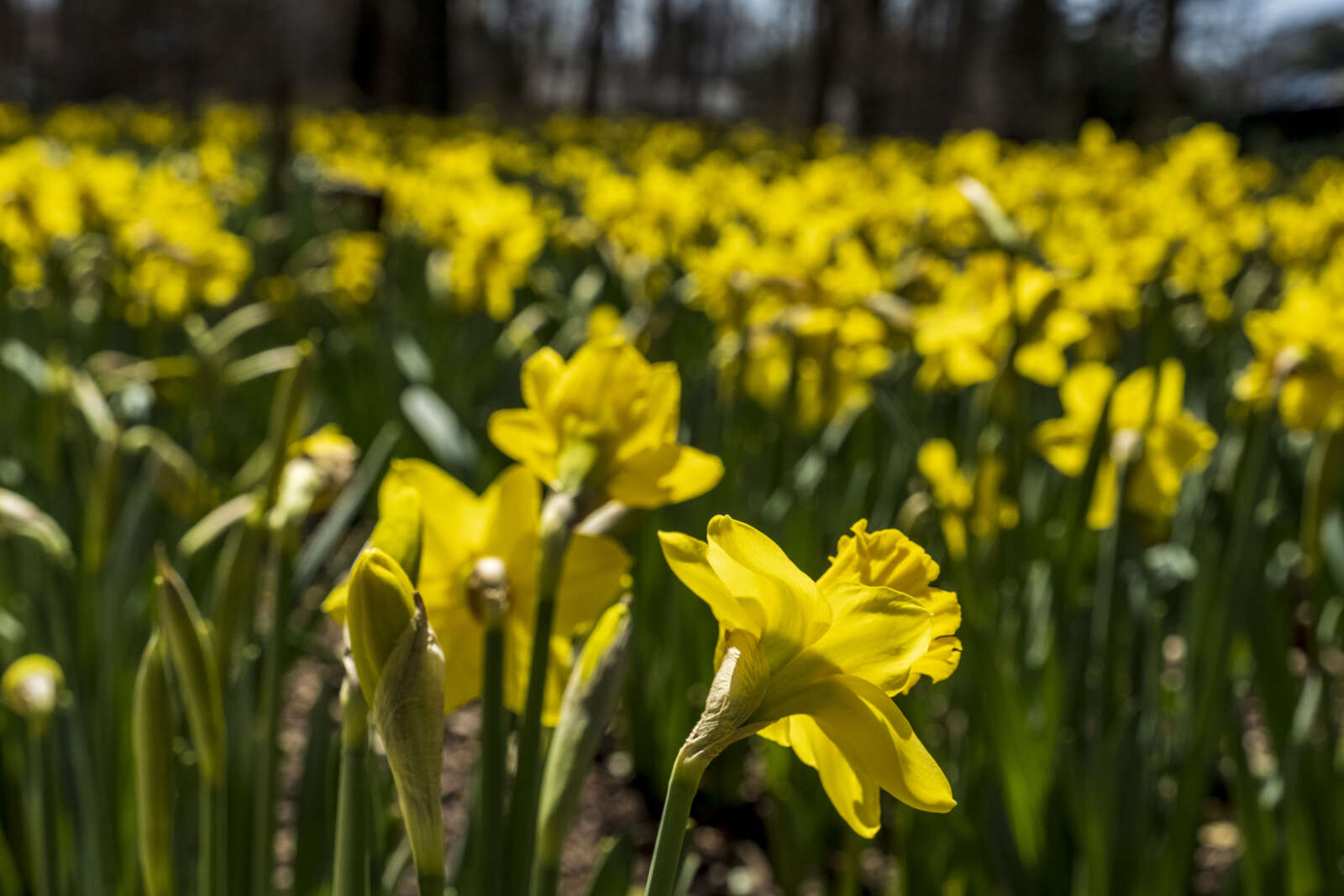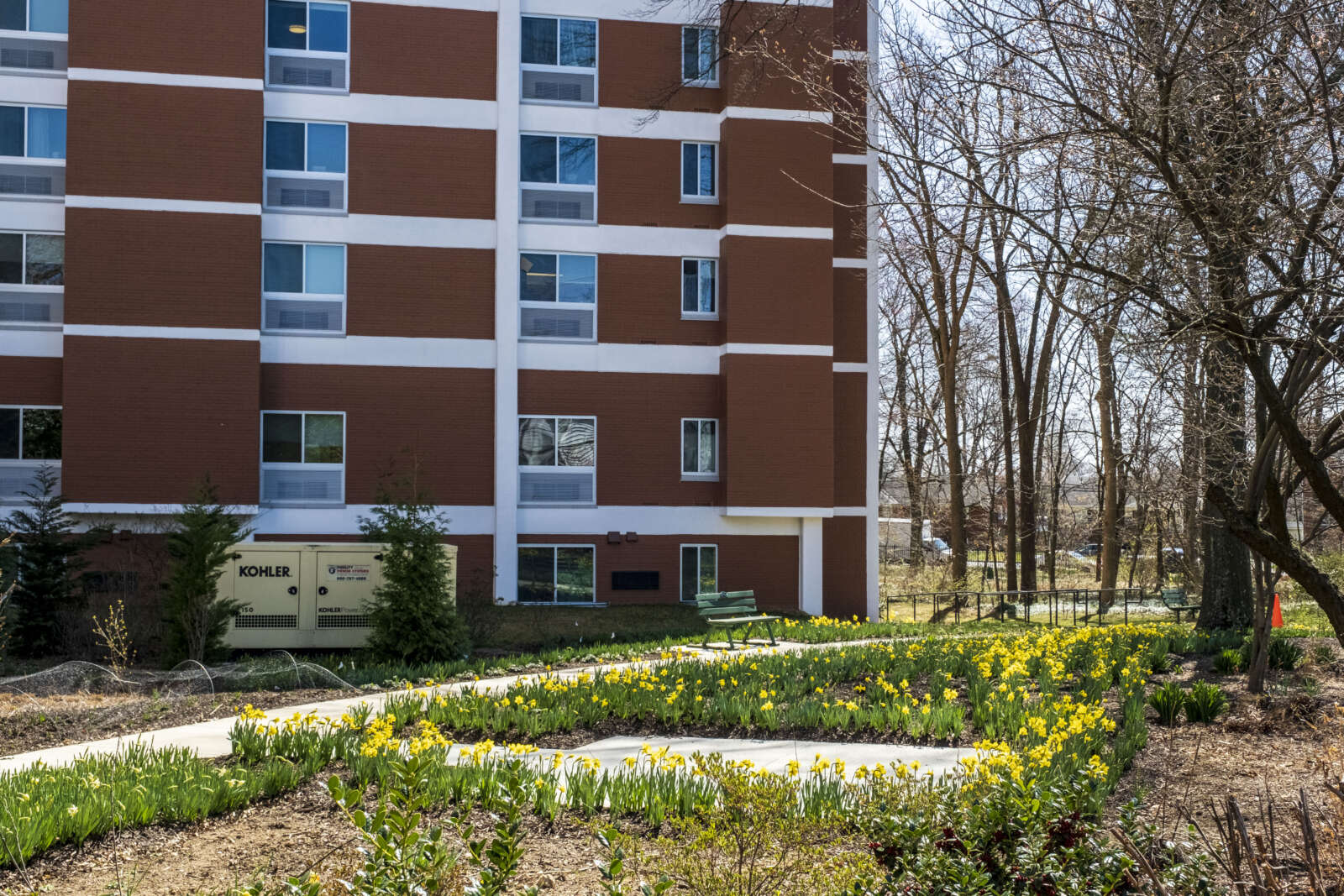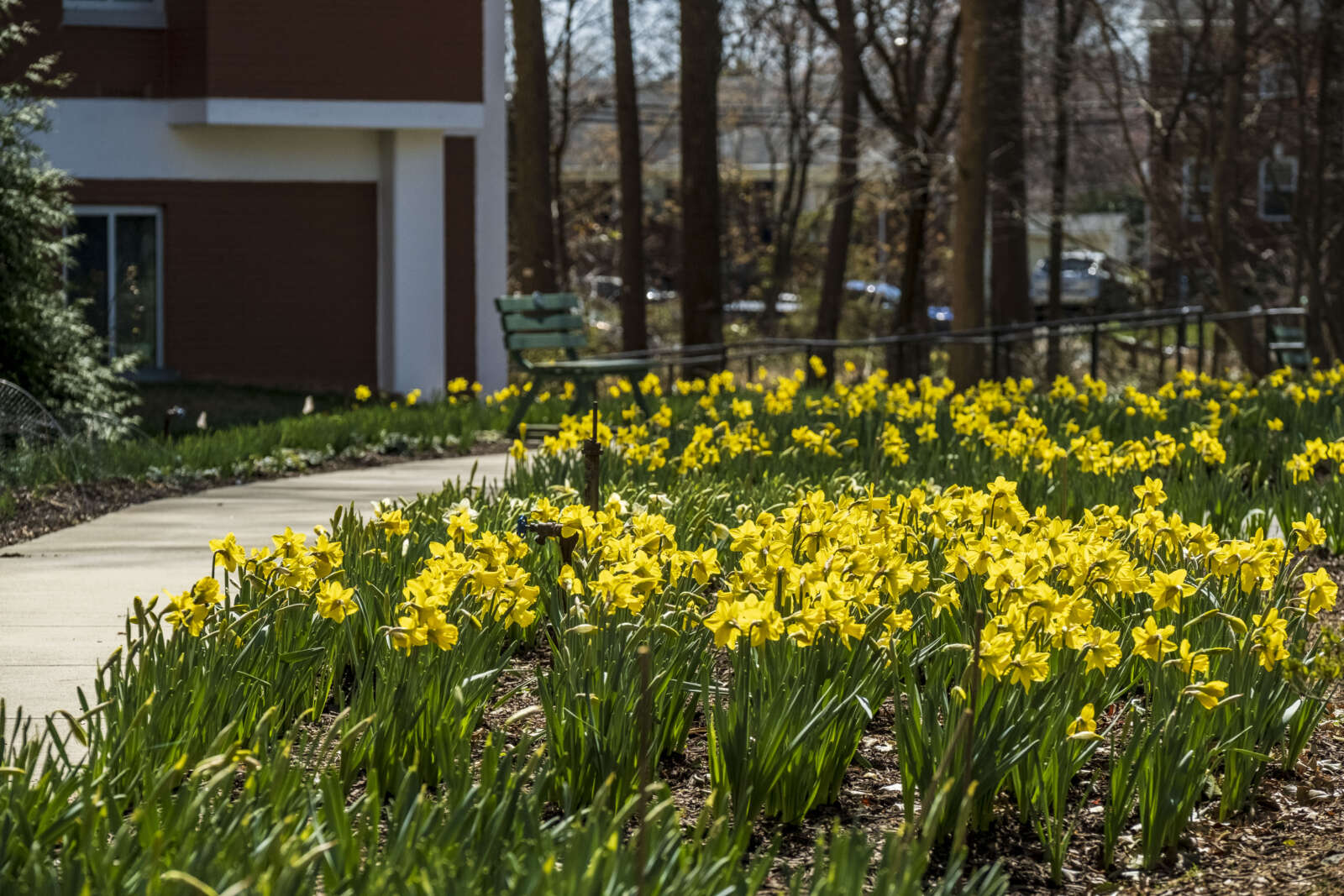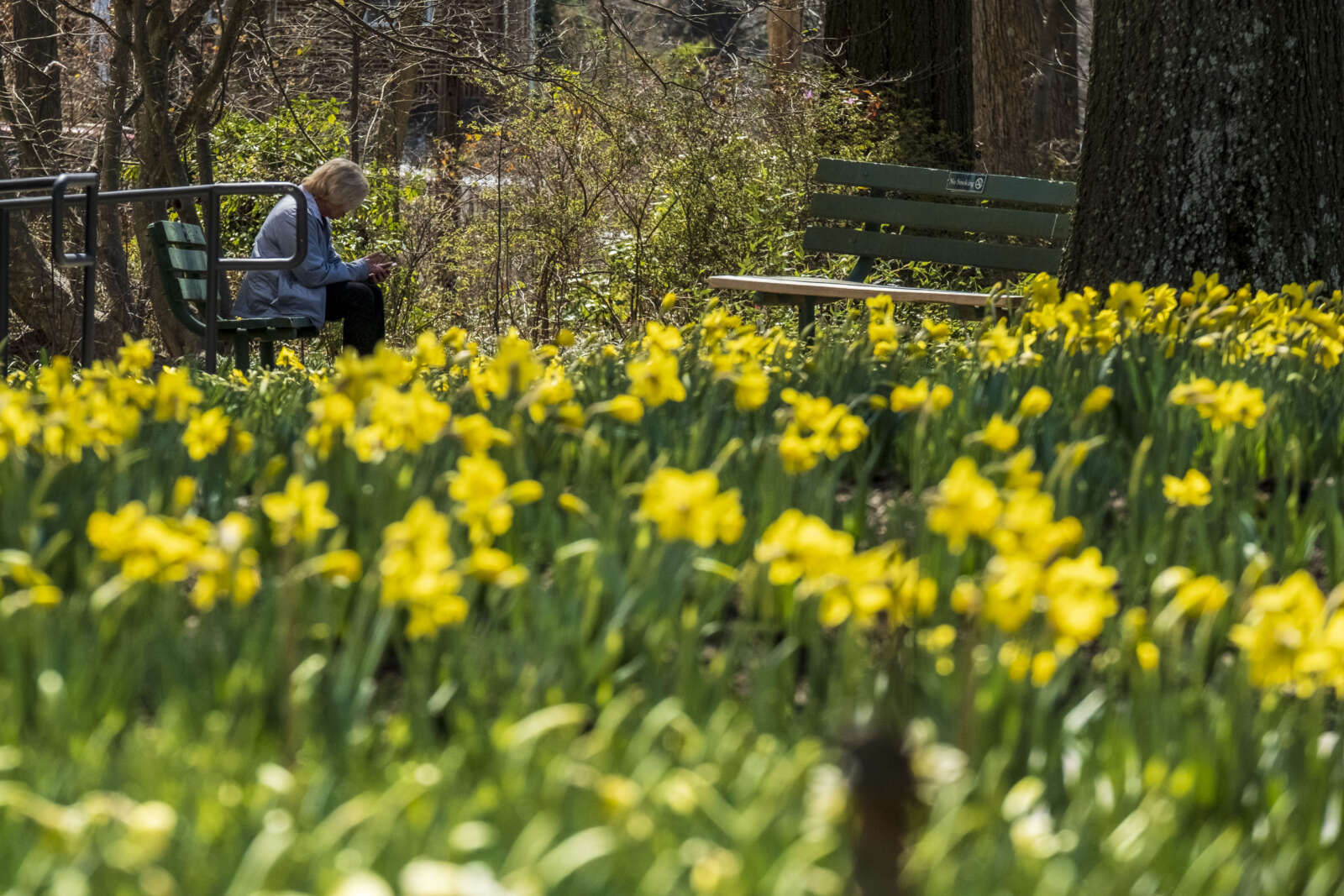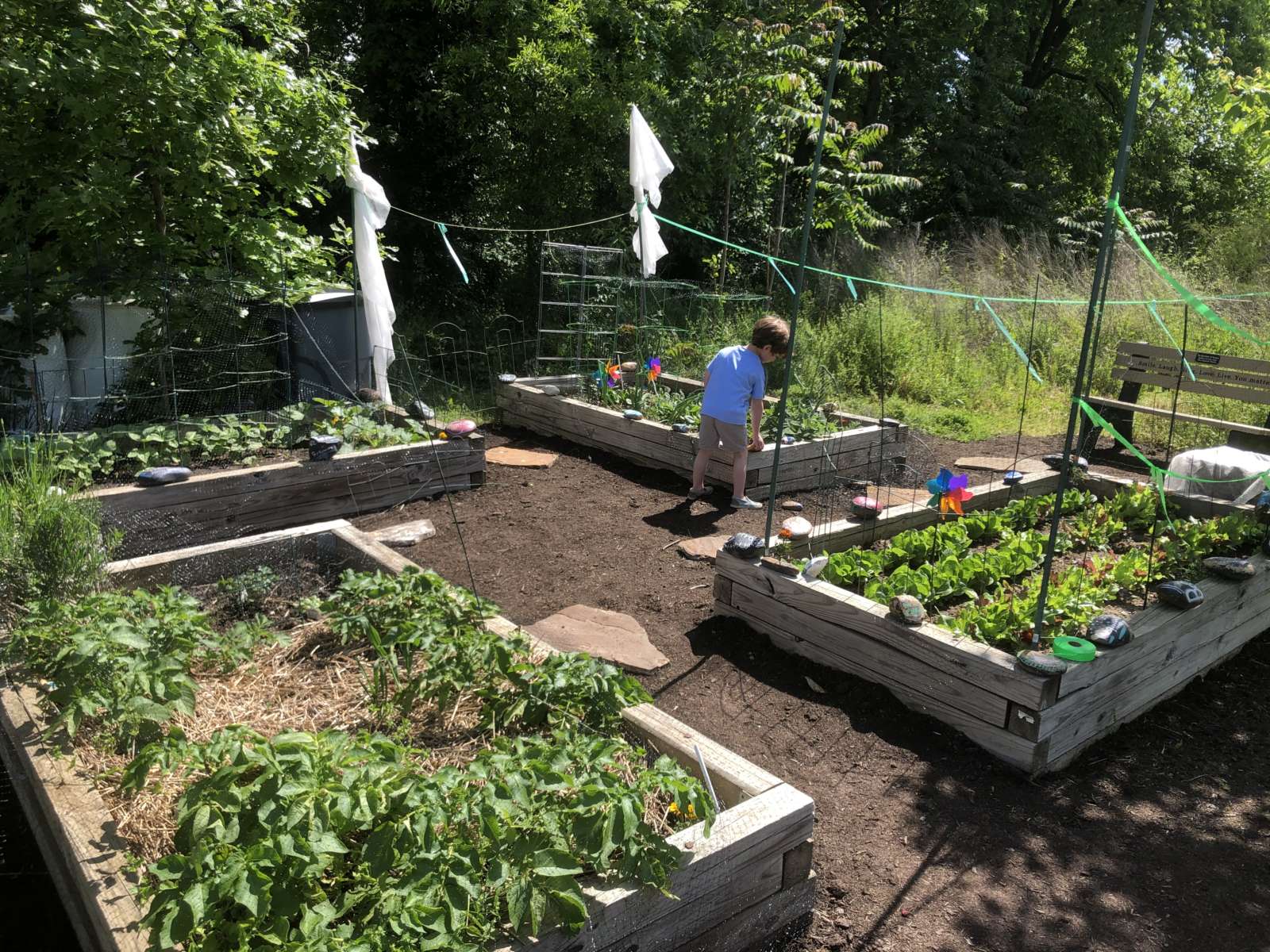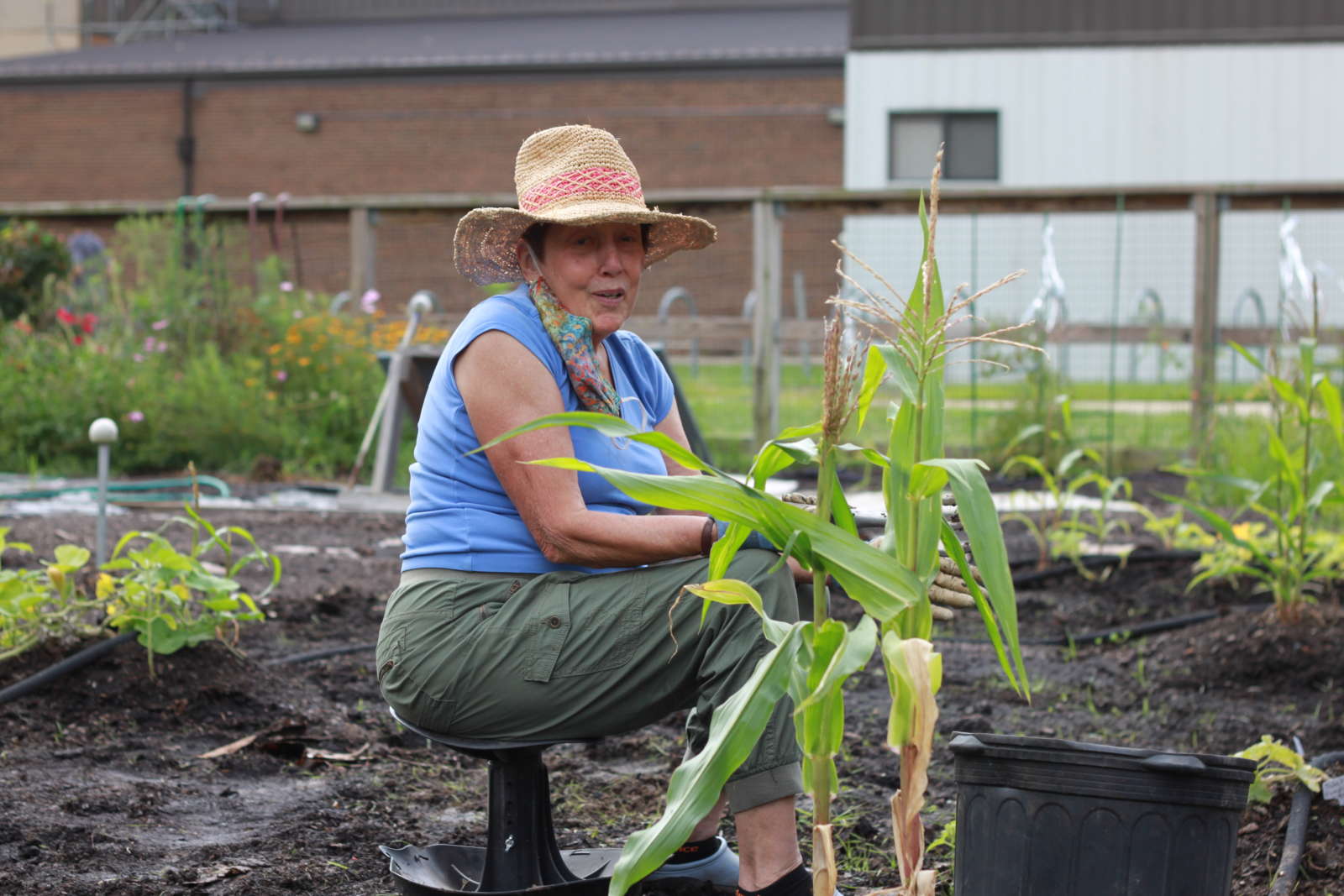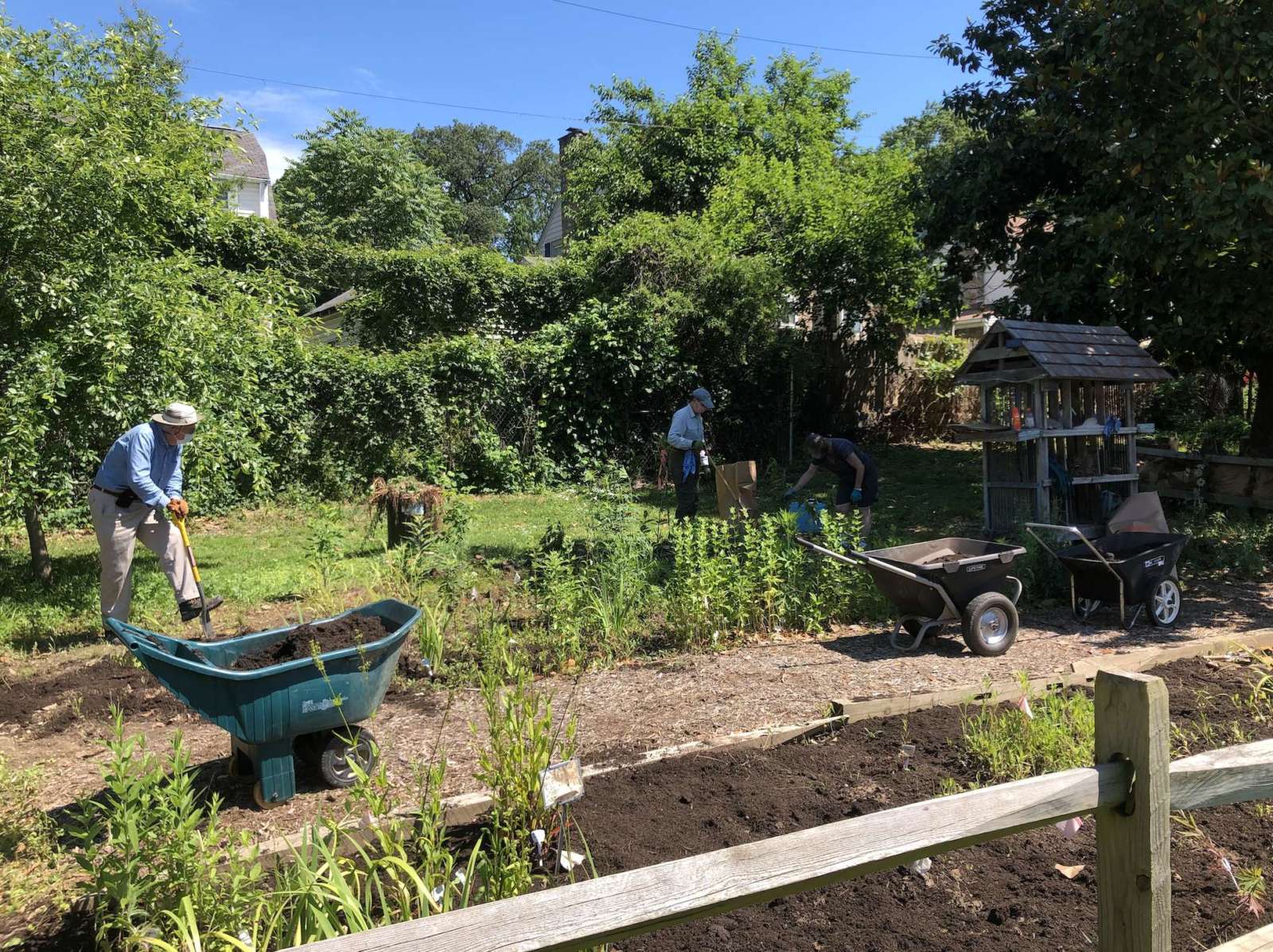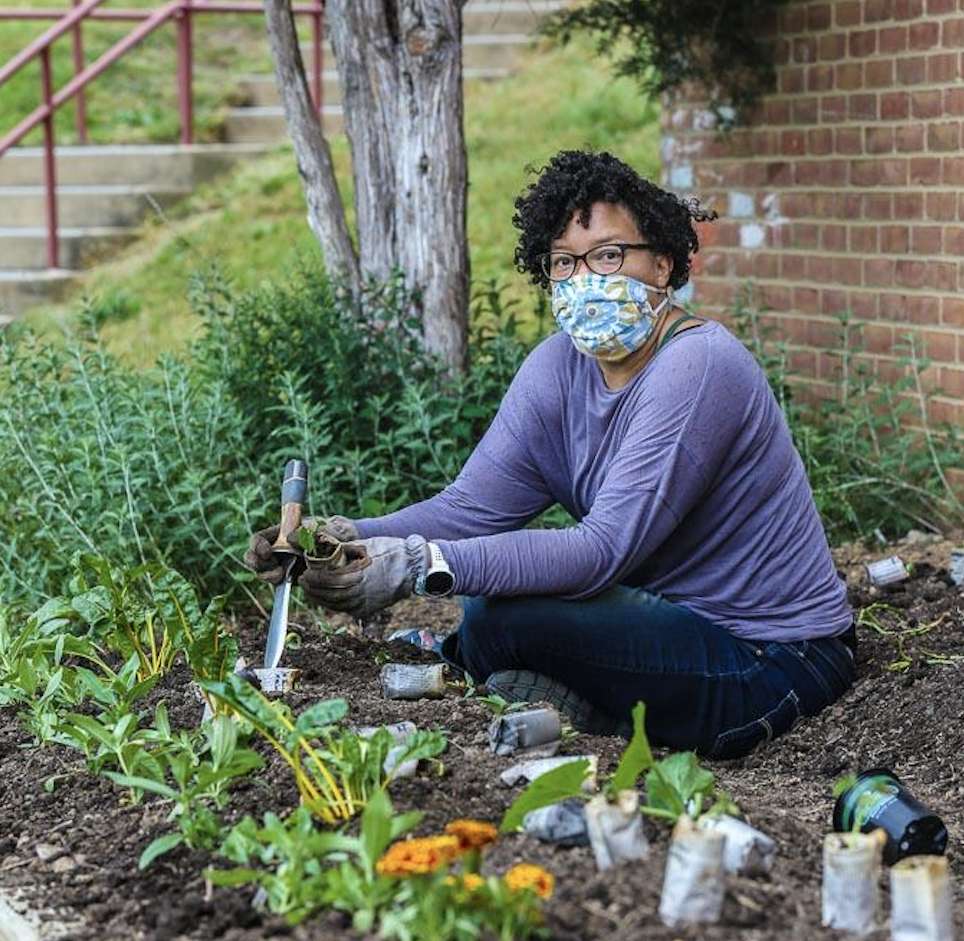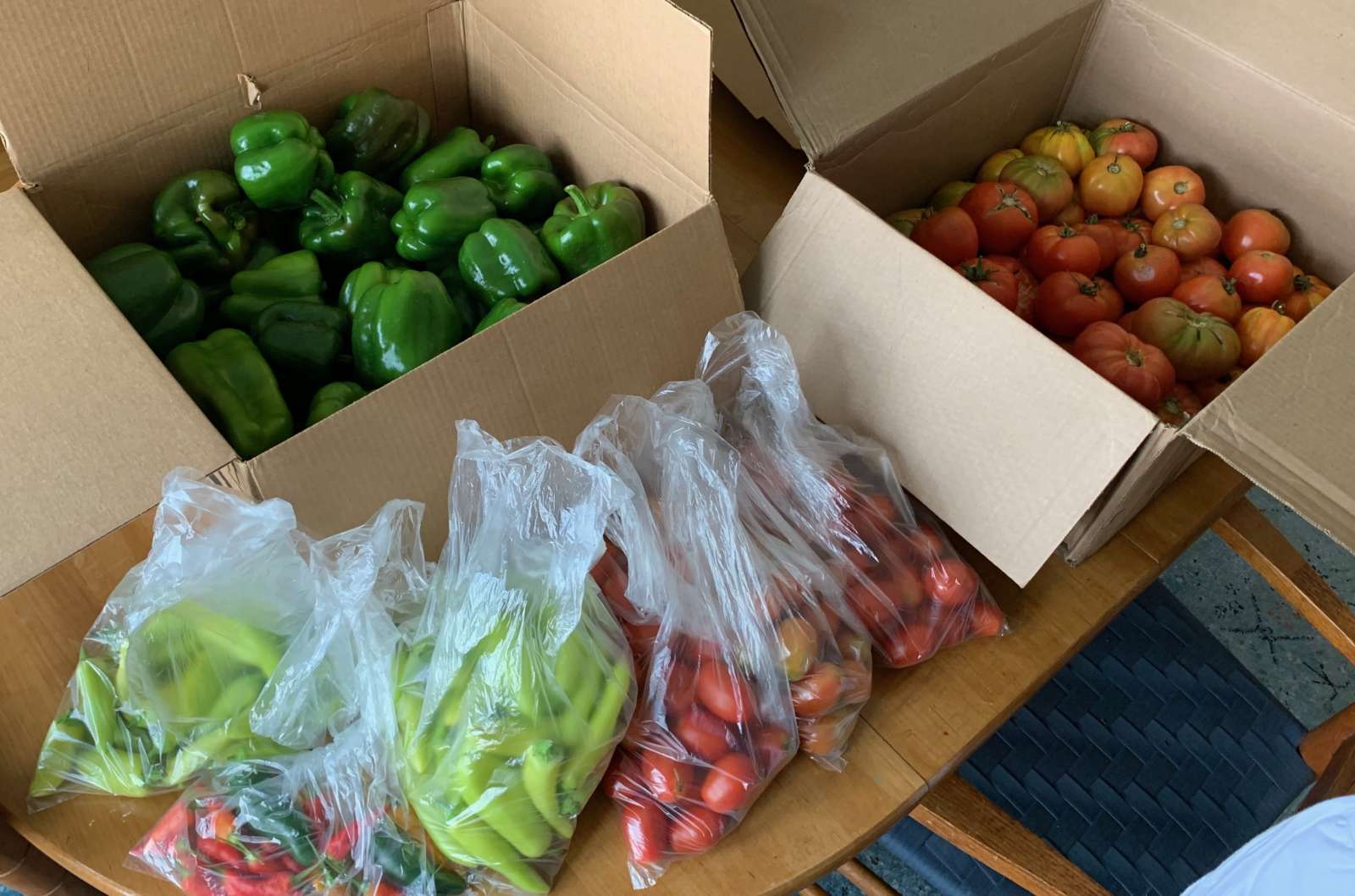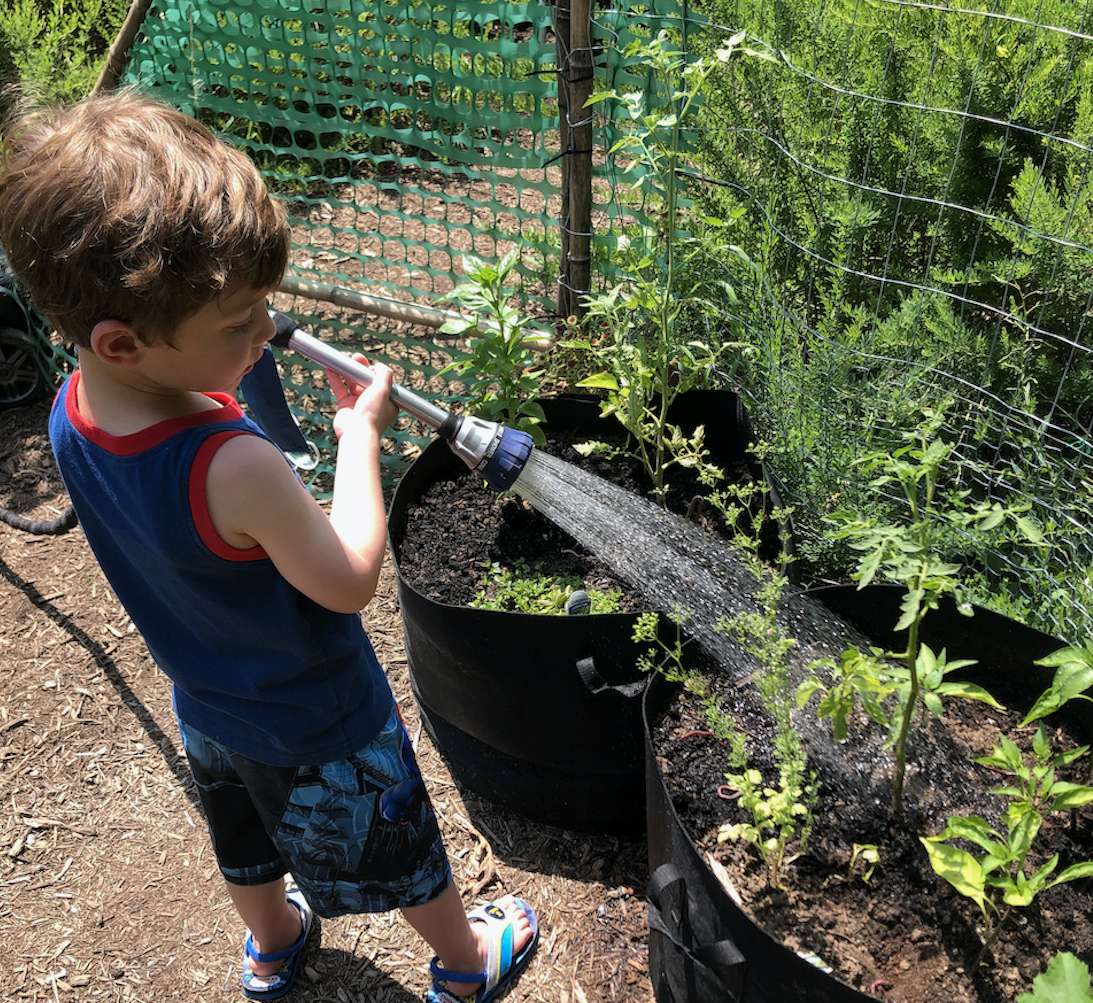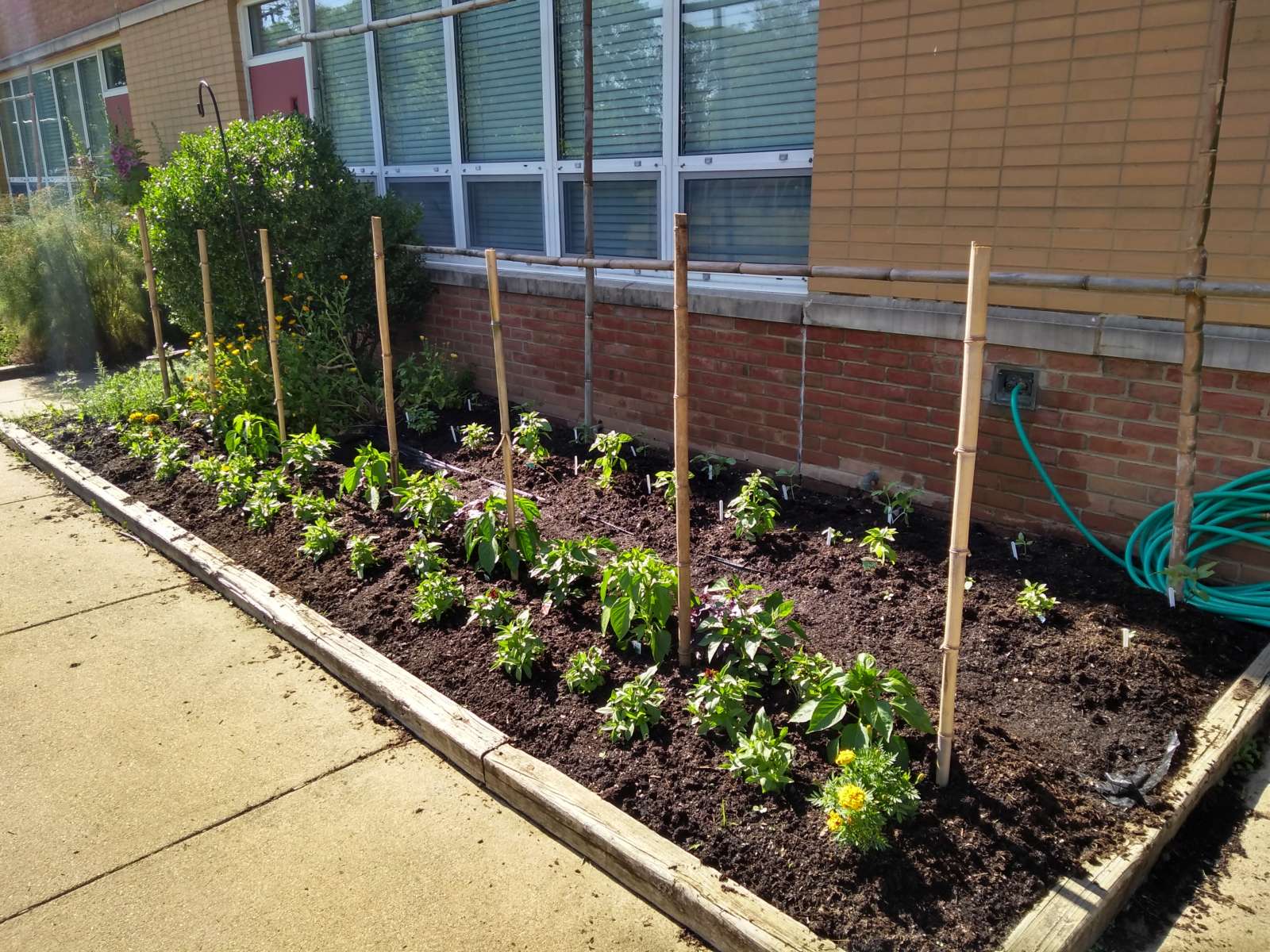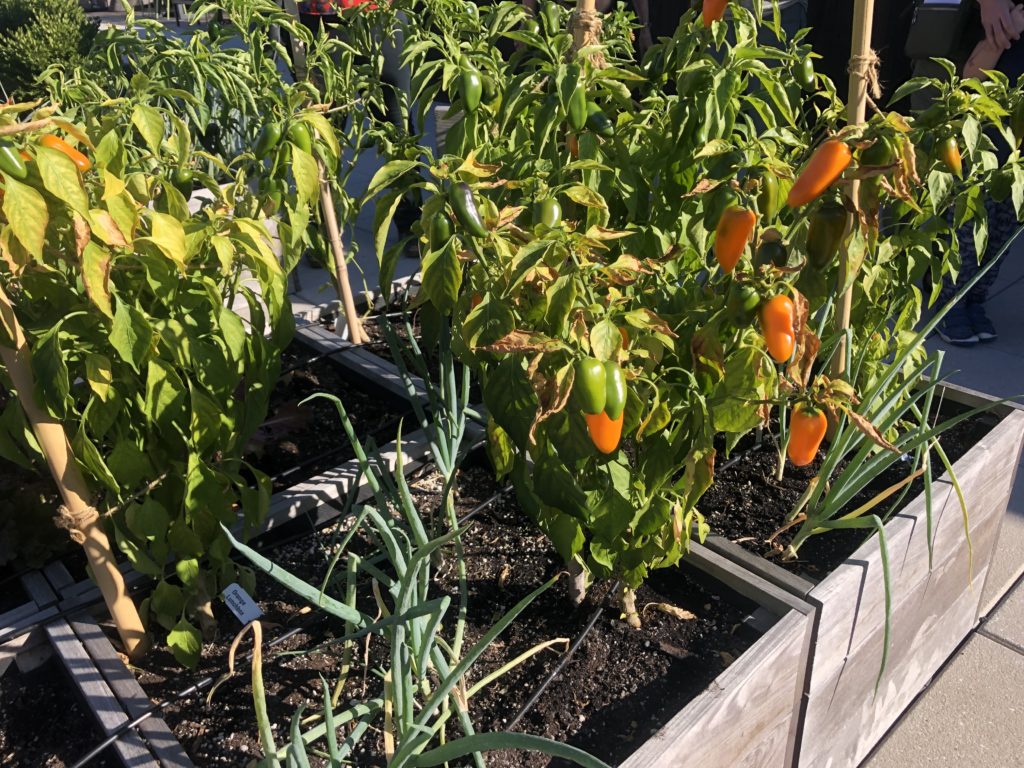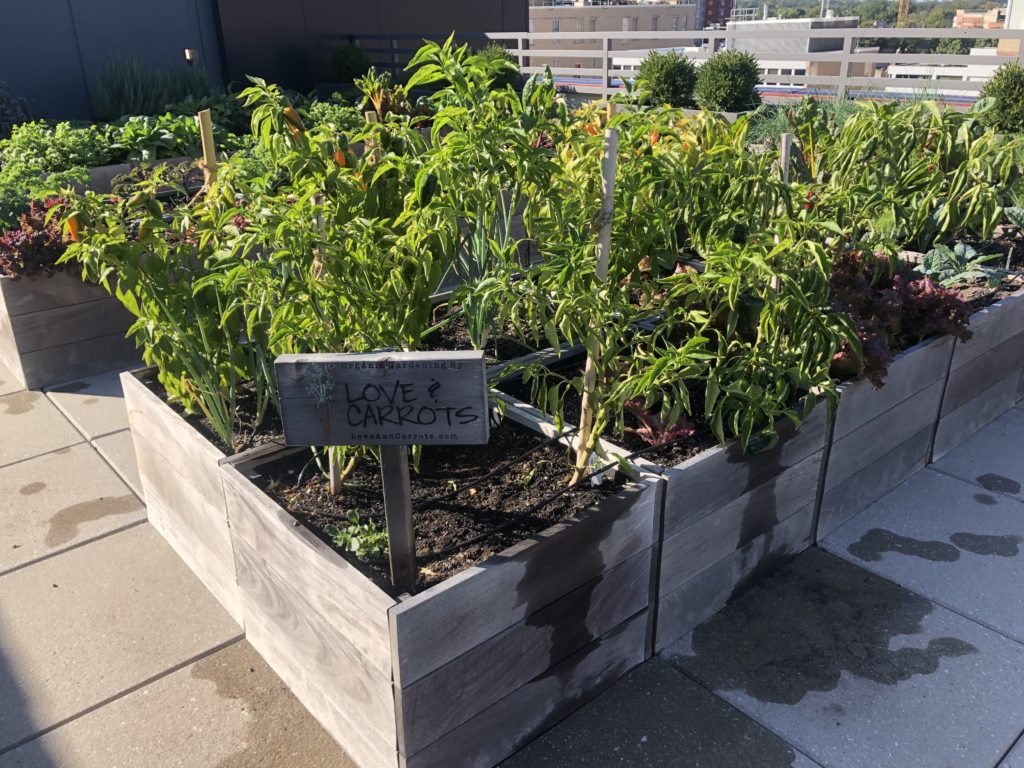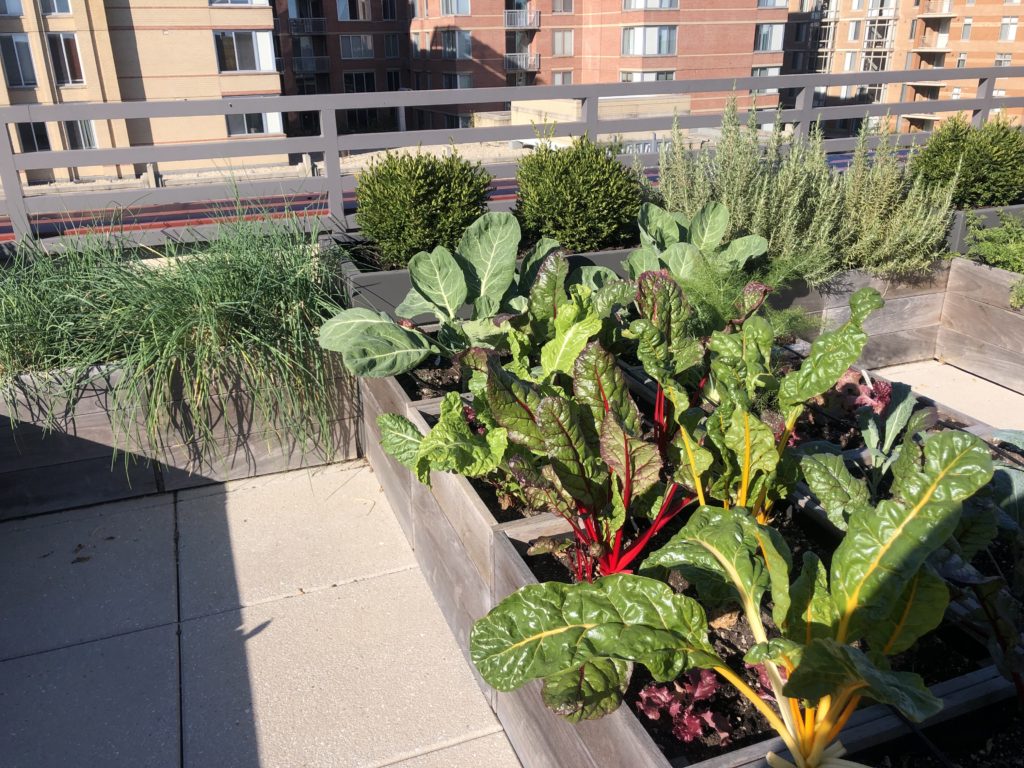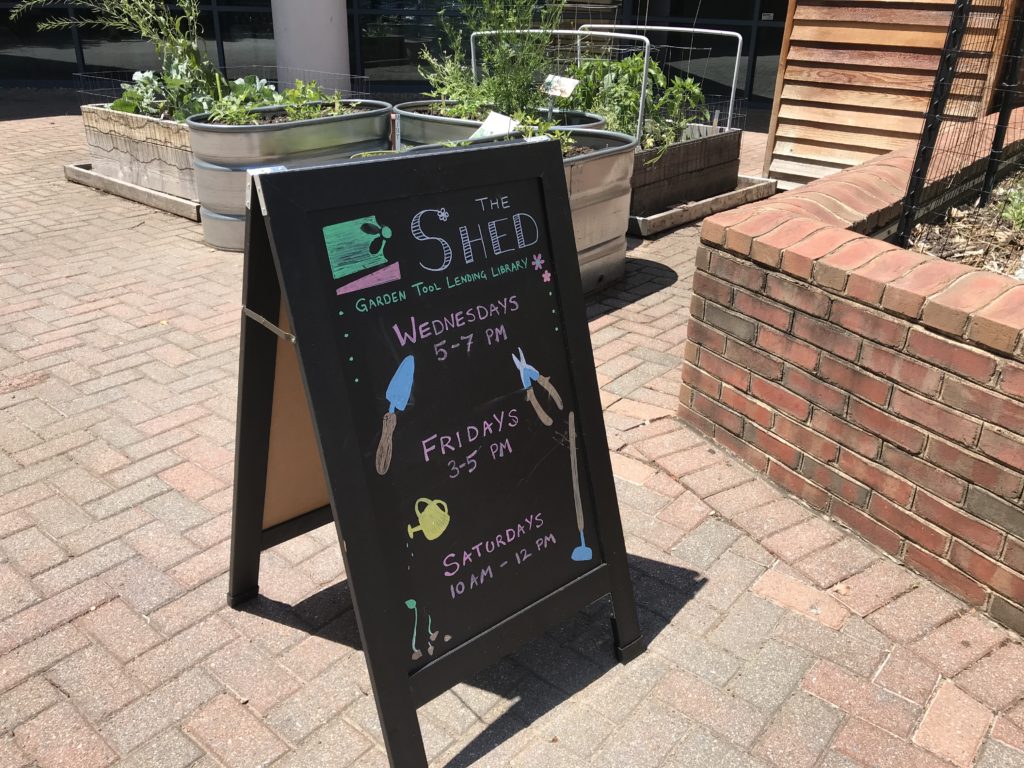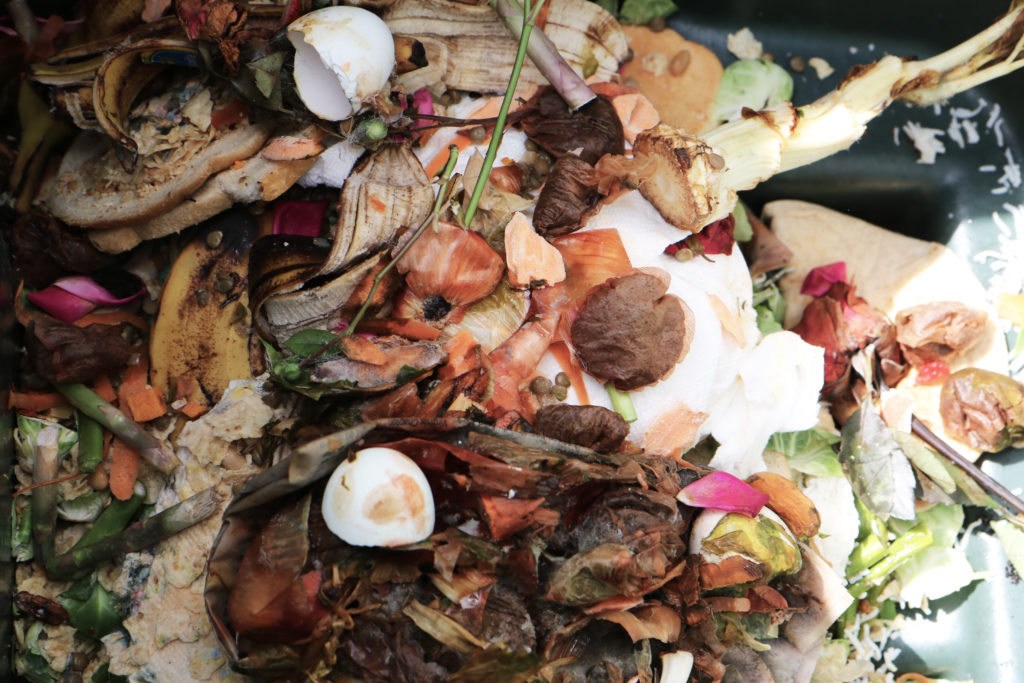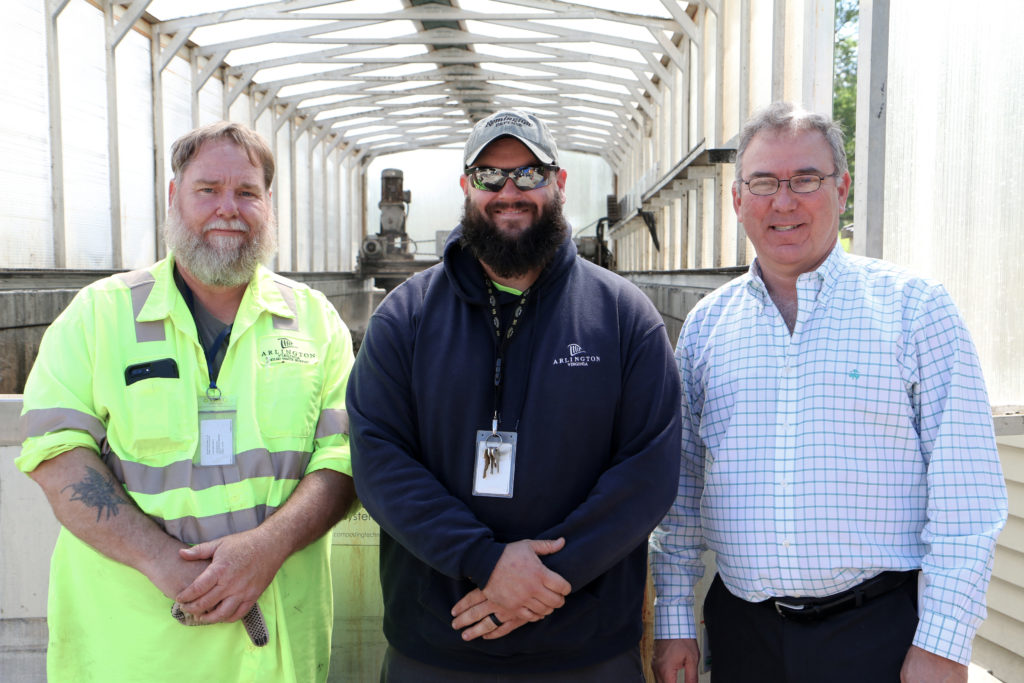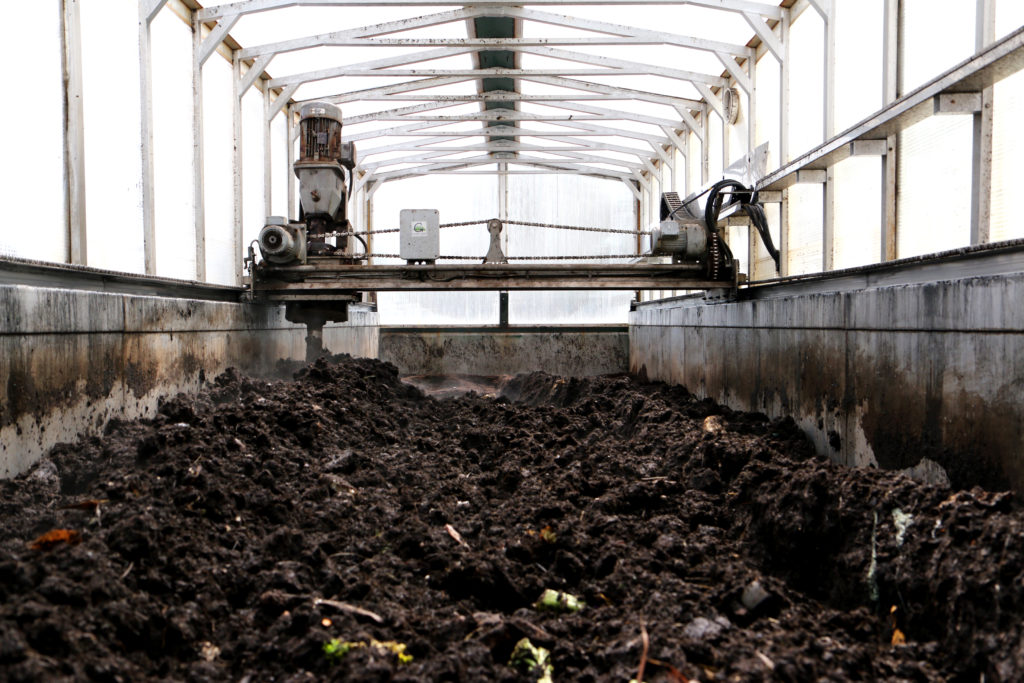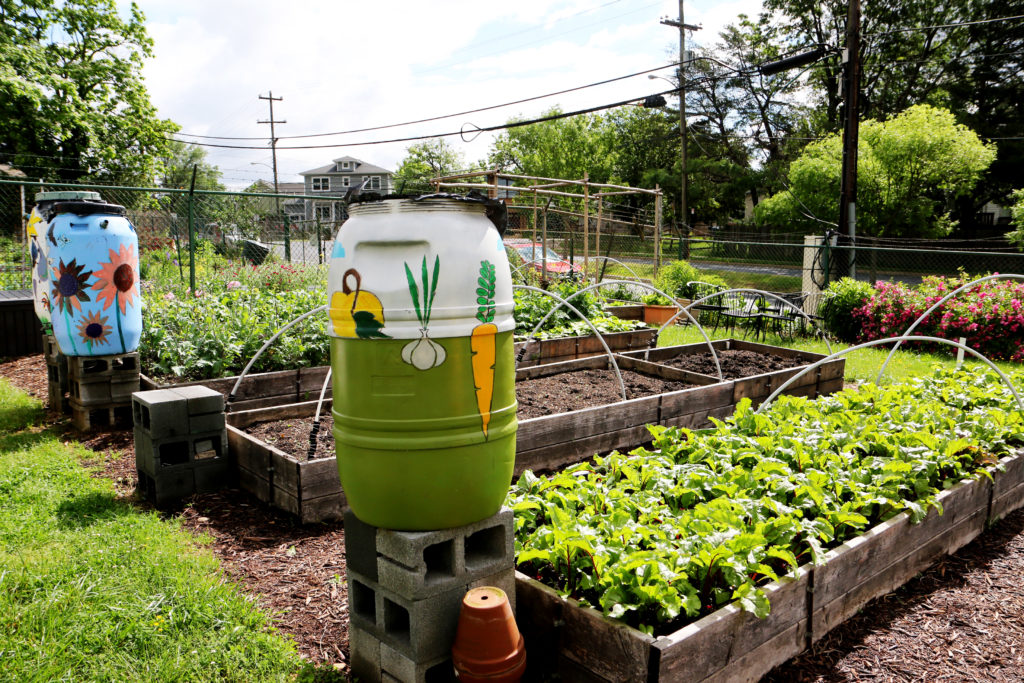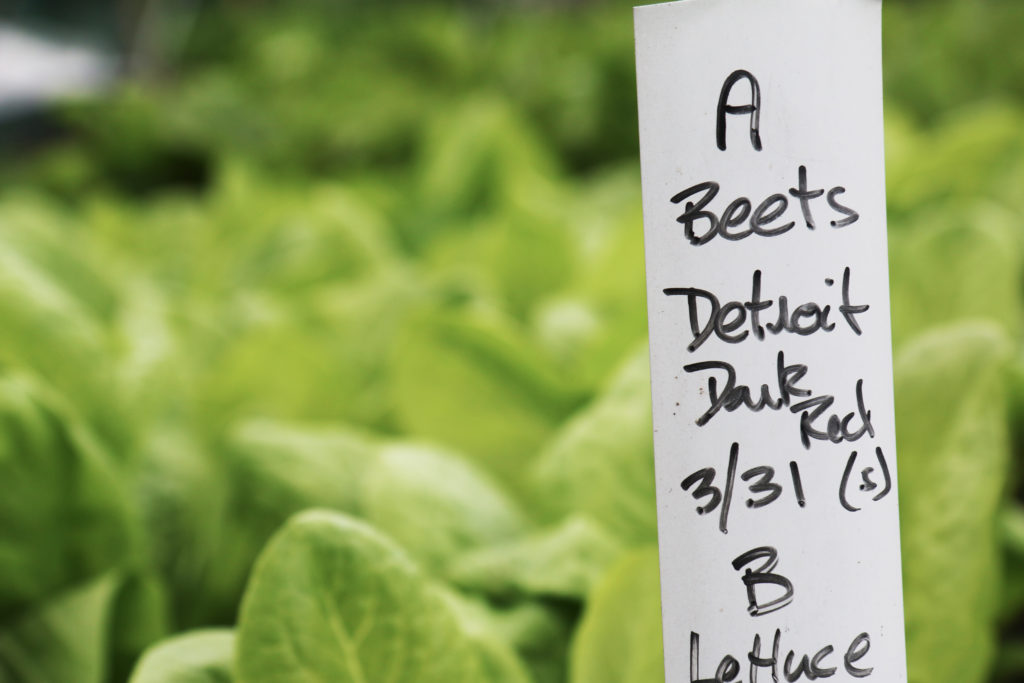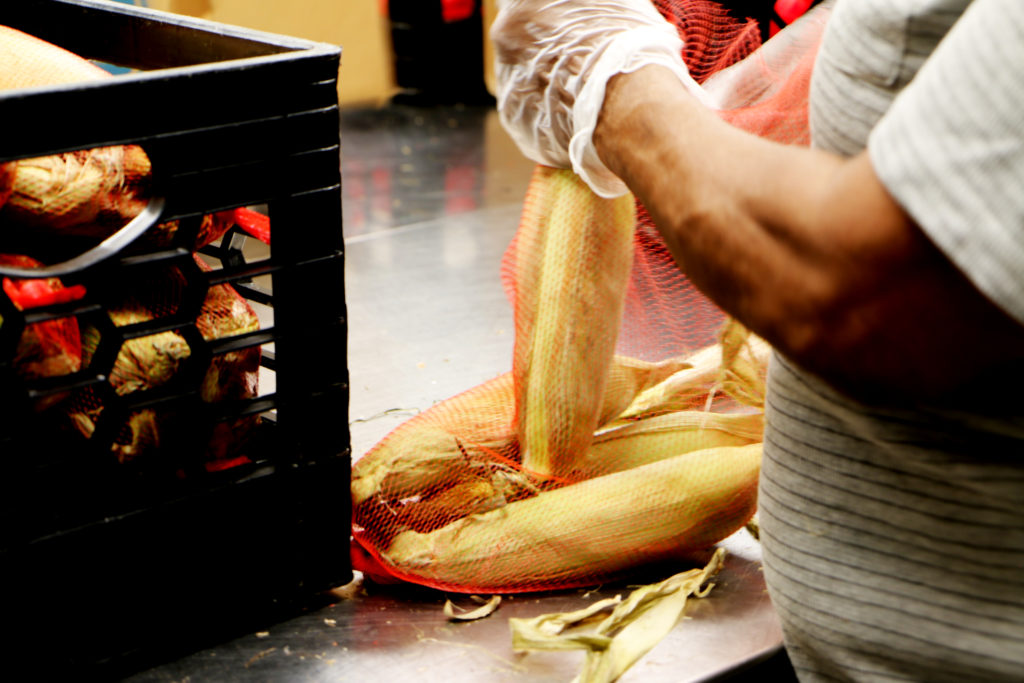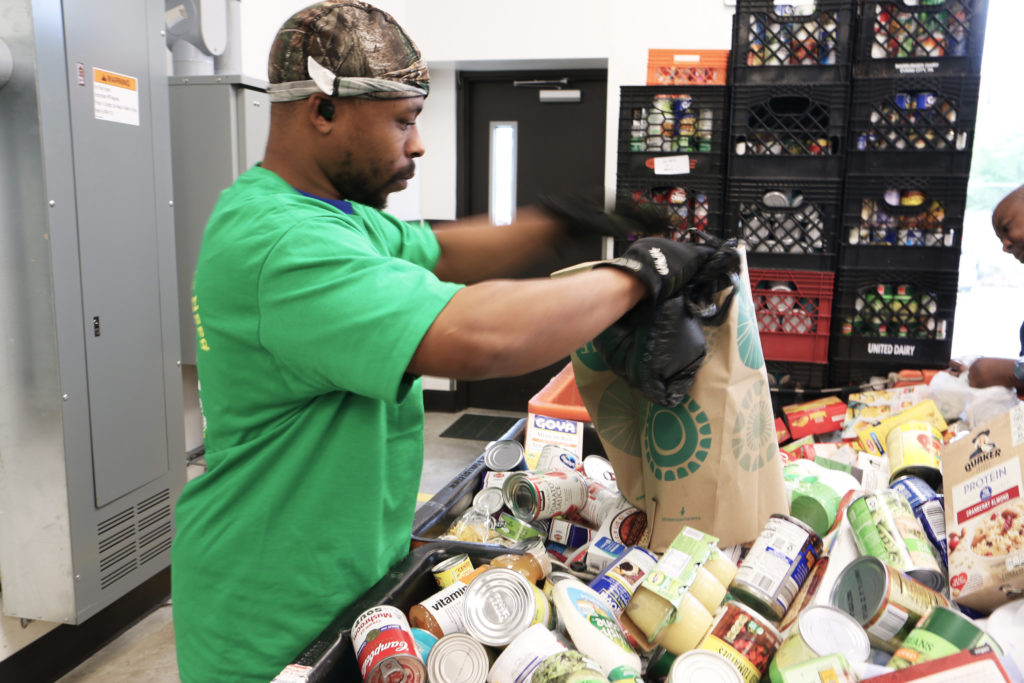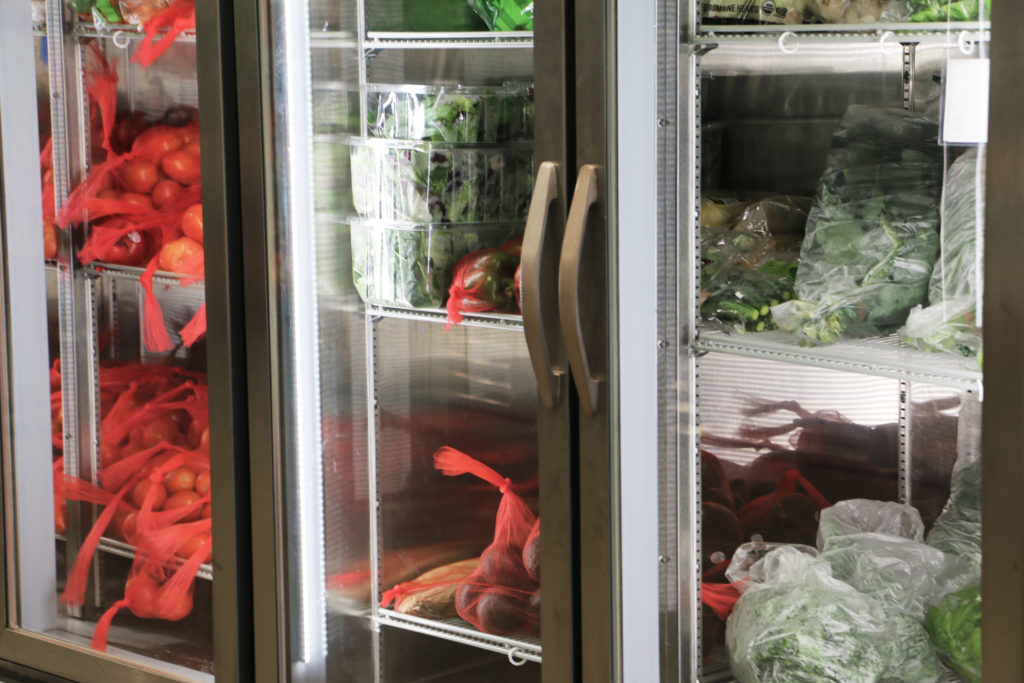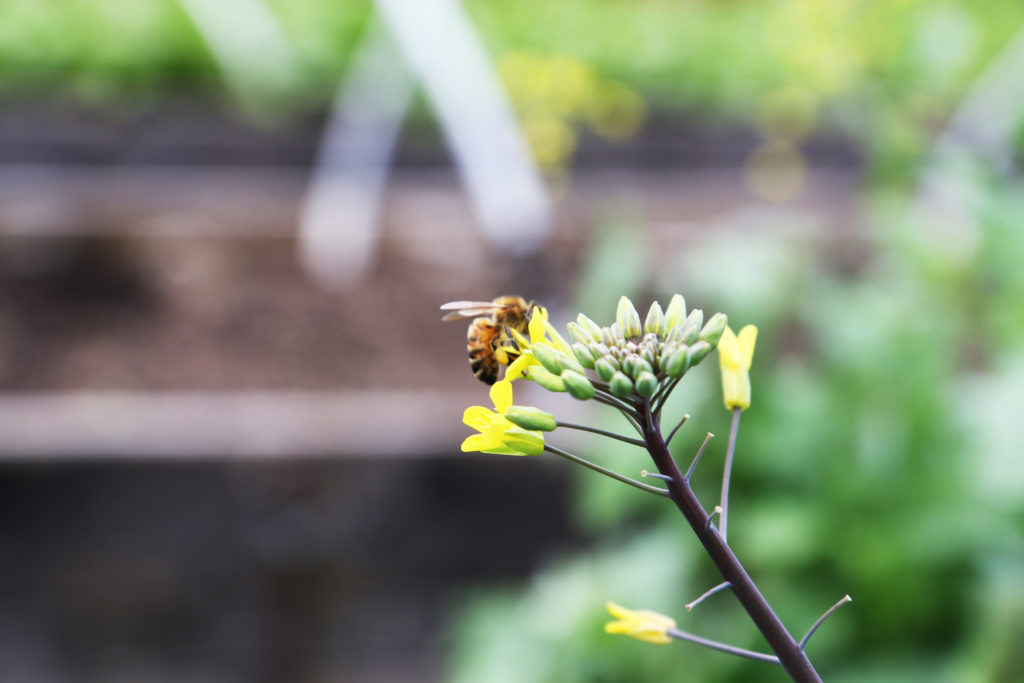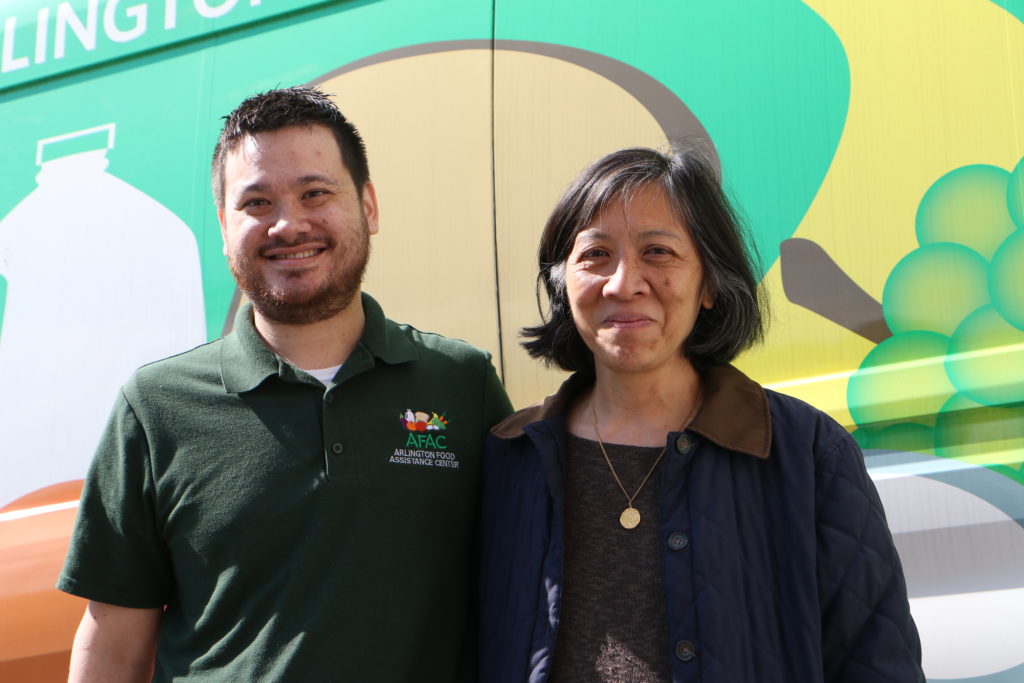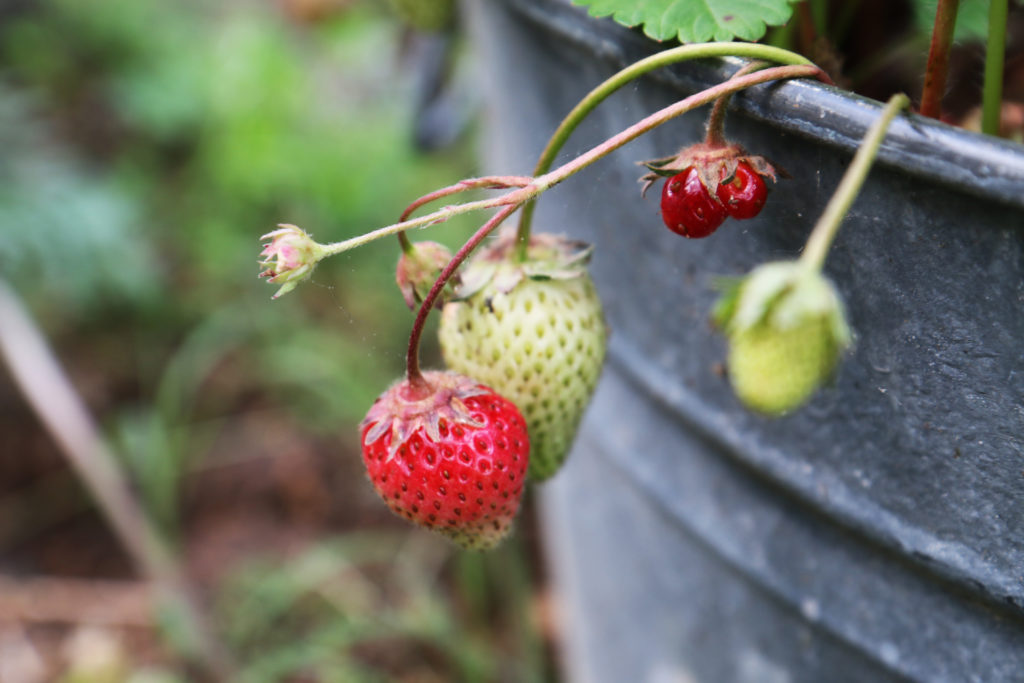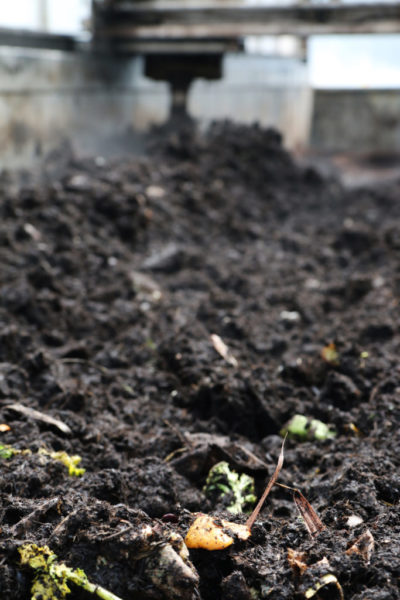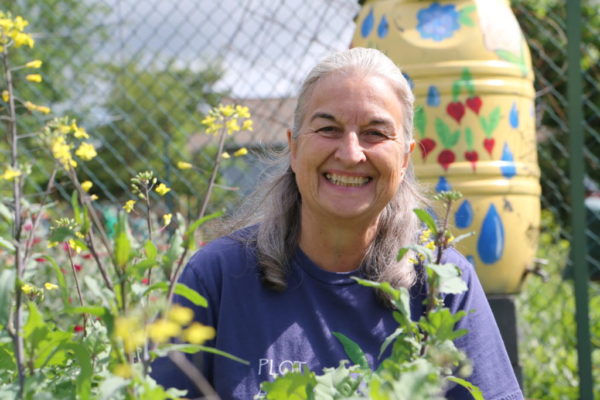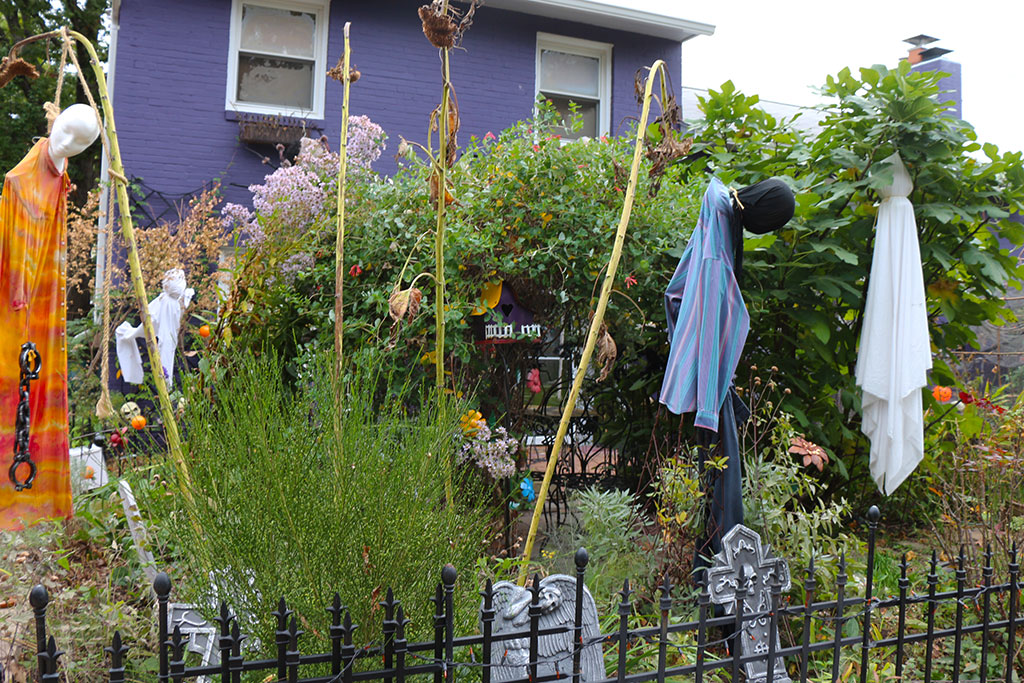
Gardens with abundant native species could soon have an official definition in county code: “managed natural landscape.”
This definition would protect Arlingtonians who grow the kinds of native grasses, wildflowers and shrubs that make them prone to complaints from neighbors and visits from code enforcement.
While such gardens can “be perceived to be unmaintained or unintentional… they often involve as much intention and maintenance as more traditional landscaping” and bring “ecological, economic and aesthetic benefits,” per a county report.
The change would occur if the Arlington County Board approves the new wording in its carry-over meeting tomorrow (Tuesday). The Board was teed up to approve the changes on Saturday but the proposal was pulled from the agenda for more conversation — a move typically reserved for items deemed at least somewhat controversial.
In March, County Board members heard from local naturalists who urged them to adopt wording to shield residents from complaints that their gardens are unruly. The discussion arose when the Board considered, and approved, mechanisms to hold accountable commercial property owners for unchecked weeds.
The Board ultimately punted on redefining a “weed,” saying the proposed changes ought to be included in the forthcoming update to the Forestry and Natural Resources Plan.
Naturalists argued this prolongs conflict between county code and Arlington’s Chesapeake Bay Preservation Plan and Stormwater Utility Program, which both encourage residents to ditch manicured lawns for native species. They criticized the Board for furthering more than a decade of inaction.
“While we’ve been wringing our hands about this for the past 10-15 years, other jurisdictions have also adopted policies that promote native landscaping and conservation landscaping and have also managed to update their ordinance,” Caroline Haynes, a member of the county’s Forestry and Natural Resources Commission, said in March.
“Arlington hasn’t been able to do that,” she continued. “How difficult can this possibly be?”
After the meeting, county staff committed to prepare updated code language that distinguishes between “managed natural landscapes” and existing requirements to manage weeds on private property.
They also redefined “foreign growth,” “lawn area” and “weeds” and added language enabling county staff to “take action in cases where trees on private property present a risk to the community in the public right-of-way or other public lands.”
In keeping with the Board’s recommendation, Arlington’s parks and planning departments launched a public engagement process on the potential changes in concert with the update.
That included an online survey, in which 124 people participated and nearly two-thirds said they “were comfortable” with the proposed changes.
In July, the Board authorized hearing this month on the proposed changes, now set for tomorrow.
If the changes are made, county staff expect that enforcing the new ordinances will not be a tall order. Some five cases annually are estimated to escalate to the point of requiring one-time civil fines, resulting in $2,500 per year in county revenue, the report said.


